Wine Ecommerce Shines Brilliantly In The Digital Era







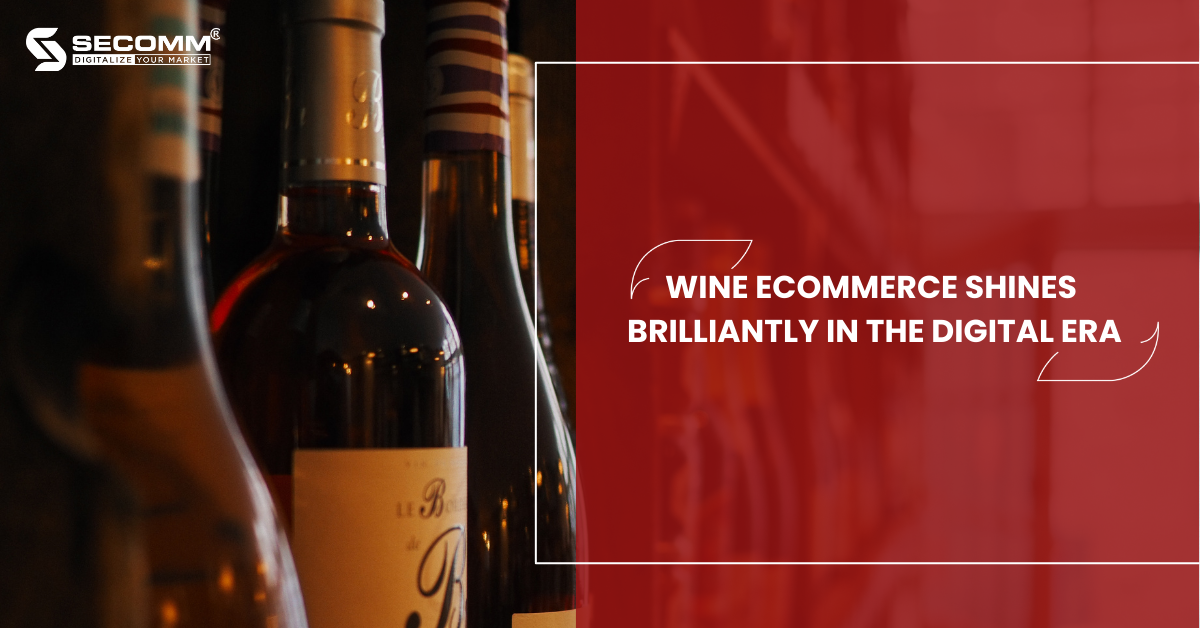
Over time, the Covid-19 pandemic has greatly damaged the world economy, with significant consequences for investors and business owners across a wide range of sectors, including the wine sector.
Sales of alcoholic beverages have decreased dramatically as a result of the closure of hotels, restaurants, and nightclubs as well as the postponement of big events and festivals.
Despite the global economic issues, eCommerce must be considered among the industries that perform very well. Some companies across multiple areas have enthusiastically embraced eCommerce to weather the downturn.
Also, wine firms follow that wave of change, making eCommerce shine in the new era – the era of digital transformation.
1. Why 2023 is the perfect year to deploy wine eCommerce?
Wine eCommerce growth statistic
- Wine eCommerce sales reached $6 billion in 2021, an increase of 131% compared to 2020. In the two years 2021-2022, online wine sales increased by 4%, while in 2020 they only increased by 2%.
- The online revenue of the wine market reached more than 261 billion USD in 2022 and is expected to grow at 10.51% annually from 2022 to 2025.
- According to IWSR, the global wine eCommerce market value will reach $42 billion by 2024.
- An estimated 1.6% of the total liquor market revenue in 2023 will be generated from online sales.
- The average annual growth rate of wine eCommerce in the US is around 20%.
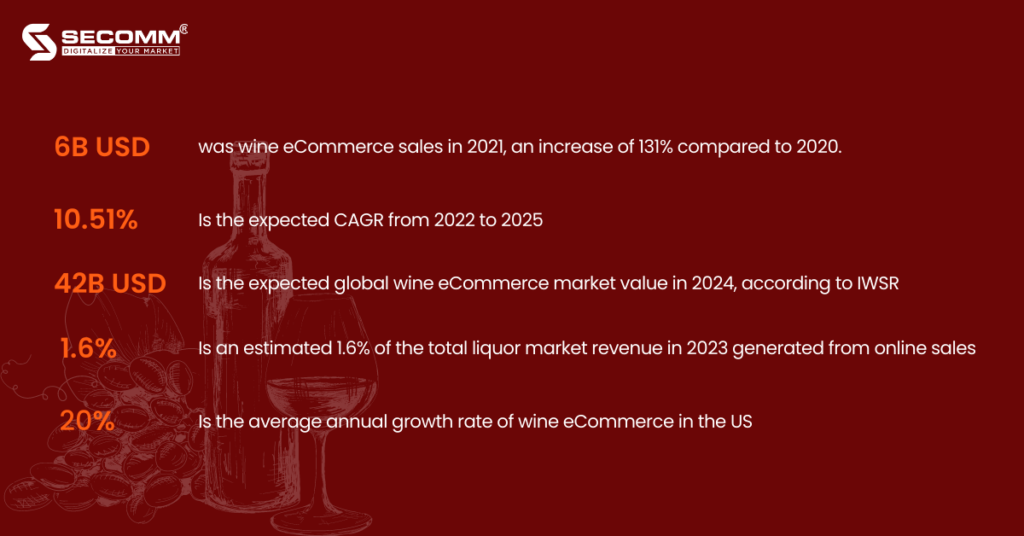
Key drivers of wine eCommerce growth
Global Pandemic
In the midst of the global pandemic-related crises, the wine business, like many others, saw a breakthrough in the speed of online purchasing.
When the pandemic breakout occurred, 44% of American consumers placed their first-ever online wine and liquor orders.
The year 2020 saw a 42% increase in wine eCommerce as a result. Online wine sales increased from just $1 billion in 2018 to $6 billion by 2021.
Young wine consumer
In the US, according to Avalara, Millennials and the legal drinking age population are steadily increasing.
By 2023, the Millennial generation is estimated to account for nearly 45% of the LDA (Legal Drinking Age) population under the age of 80. By 2030, this number is projected to be 54%.
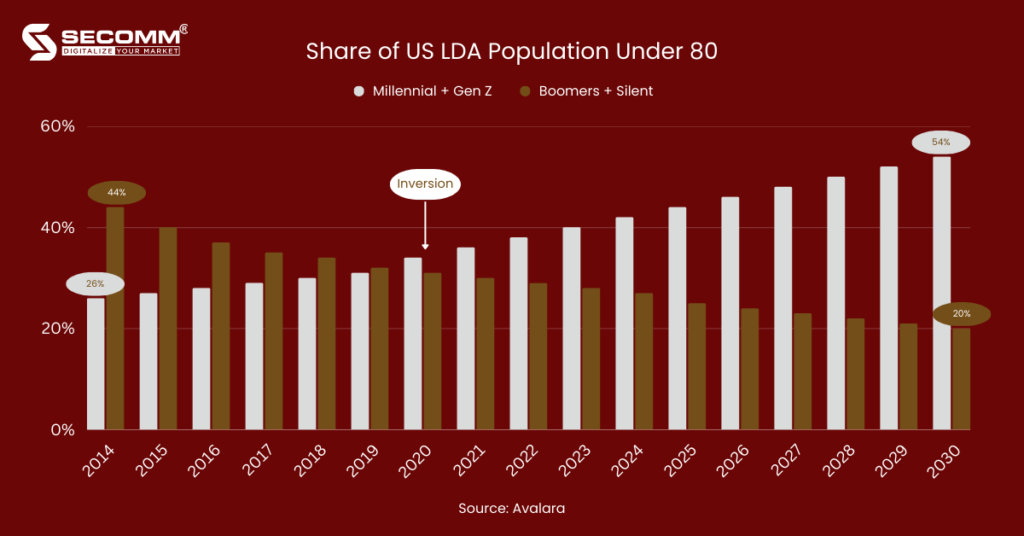
In Vietnam, Millennials (25–38 years old) and Gen Z (18–24 years old), often known as MillennialZ, currently make up 47% of the population or about 45 million people who are of drinking age. The population structure of the MillennialZ generation is expected to keep growing.
The primary factors influencing the growth of the eCommerce sector as well as the digital economy of Vietnam will also be the young people’s awareness of and keeping up with new trends in digital technology compared to previous generations.
2. Case study
iShop Changi Wines
The Duty Free Shop Group (DFS) and Changi Airport Group (CAG) collaborated on the iShop Changi Wines eCommerce online project, which offers world-renowned and premium wines and spirits with exclusive discounts to visitors to Changi Airport, particularly those who are CAG members.
The iShop Changi Wines website is cutting-edge and exquisitely styled, showcasing the distinctive qualities of the wine industry as well as the aesthetics from page layout, color, font text, logo, and banner, all of which are guaranteed to optimize the purchasing experience while also, and this is crucial, emphasizing the identity and brand-development elements for both CAG and DFS.
Due to the fact that this is a project of well-known companies, the iShop Changi Wines website has consistently received a lot of traffic, averaging approximately 592 thousand views each month since its introduction.
Therefore, to combat the unexpected surge in traffic and orders during the busiest shopping seasons of the year, the eCommerce system must be continually enhanced and optimized.

The fact that major corporations CAG and DFS both started and developed successful wine eCommerce websites shows the enormous potential of this industry now and in the future.
Previously, the business scope of wine businesses was quite limited, but now that limit has been broken thanks to the dominance of the Internet and the rise of eCommerce.
Moreover, the government’s assistance in lowering legal restrictions has given wine producers the assurance to confidently market their goods to a significant number of potential buyers in several nations across the world.
The Warehouse
The Warehouse, established in 2001, is renowned as a top supplier of wines and spirits in Vietnam, offering more than 16 different varieties of wine from numerous nations.
In addition, along with Annam Gourmet Market, Yves Rocher, and Flormar, this is another well-known retail brand of the Nam Group. Before being formally put on the market, products at The Warehouse are consistently inspected and carefully chosen to fulfill quality criteria.
The company has so far increased the reach of its distribution network across the nation, including Ho Chi Minh City, Hanoi, Da Nang, Nha Trang, Hoi An, Quang Ninh, and Phu Quoc.
The Warehouse achieved its objective of serving the wine market with B2B and B2C business models by utilizing the Magento platform.
This implies that the business will broaden the retail channel to include private customers in addition to distributing wines to restaurants, hotels, resorts, pubs, and lounges.
A series of symbols, logos, and banners created especially to fit the characteristics of the wine industry are combined with Bordeaux red to create a website interface that is focused on UI/UX perfection.

The Warehouse is flexible, secure, and has quick ordering, payment, and delivery options. Therefore, customers can place orders through phone, mobile app, or eCommerce website.
Customers can then pick up their purchases from the store or, in major cities like HCM, Hanoi, and Da Nang, the company will deliver them quickly within 2 to 3 hours. In other places, conventional courier delivery takes 2 to 5 days.
The Warehouse has been successful in raising brand recognition, expanding its customer base, and increasing both offline and online sales as a result of the timely growth of its business model and digital transformation
Trentham Estate
Long-standing Australian company Trentham Estate Winery, founded in 1988, focuses on the manufacture and distribution of wine.
After many years in business, the company is well regarded for its creativity in the wine-making process, which resulted in a variety of wines with different delicious flavors. Also, the brand has received hundreds of medals, titles, and other industry awards.
In the beginning, the business created and ran a WordPress website system for branding purposes.
Trentham Estate, however, has been forced to increase its company scale by making a substantial investment in an entire eCommerce website system due to the growth of eCommerce and the increasingly varied purchasing needs of potential clients.

In the beginning, the business created and ran a WordPress website system for branding purposes. Trentham Estate, however, has been forced to increase its company scale by making a substantial investment in an entire eCommerce website system due to the growth of eCommerce and the increasingly varied purchasing needs of potential clients.
That is what led to the creation of the website trenthamestate.com.au, which has a modern interface while still accurately capturing the distinctive features of the wine industry.
Similar to The Warehouse, Trentham Estate likewise creates an eCommerce website based on the Magento platform with a variety of features that satisfies eCommerce requirements and wine industry specifics.
Therefore, businesses can access and serve a wide range of large customer files not only in Australia and internationally thanks to effective marketing and branding strategies, towards a sustainable business model along with the changes of the digital age.
It would be hard to believe that an industry as sensitive as wine could be traded online so easily and efficiently. In that efficiency and convenience, there is a great contribution of the trend of eCommerce and the comprehensive National Digital Transformation program that is committed to supporting by the Government. This is an extremely appropriate time for wine businesses to confidently deploy eCommerce because of the support from the Government and the push from the market.
However, planning to implementation are two completely different categories. Businesses are required to have a practical strategy and technical assistance from highly skilled firms to hasten the success journey and help advance the National Digital Transformation goal.
SECOMM has many years of expertise in effectively executing eCommerce for numerous customers in various countries. We specialize in offering free consultation services with qualified eCommerce implementation solutions.
Contact us right away for free counsel and assistance.






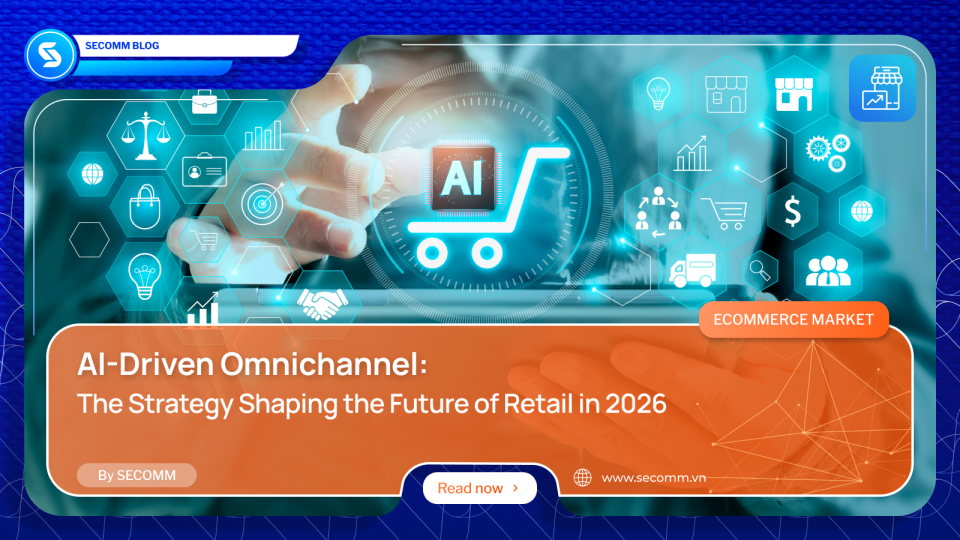
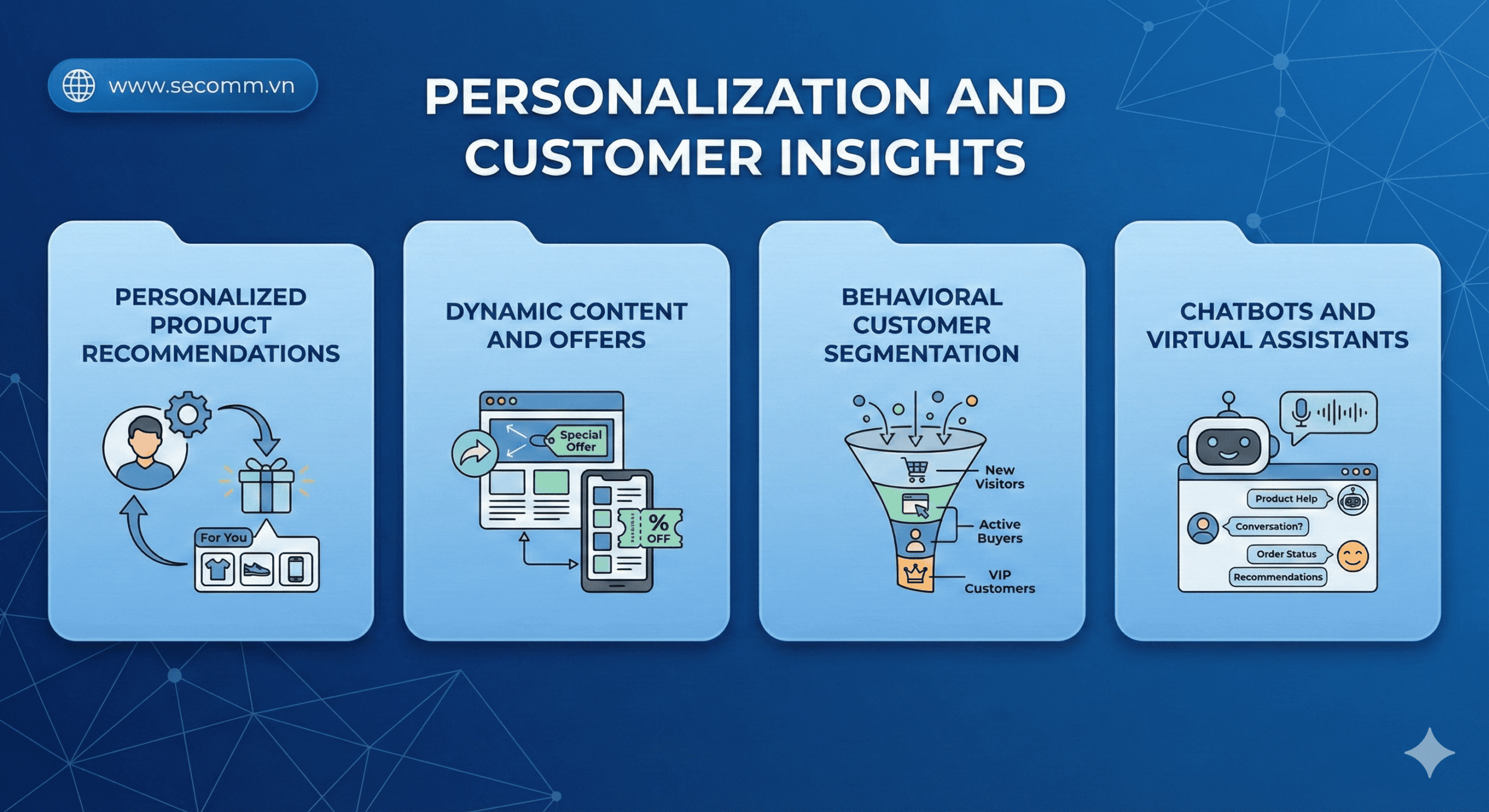
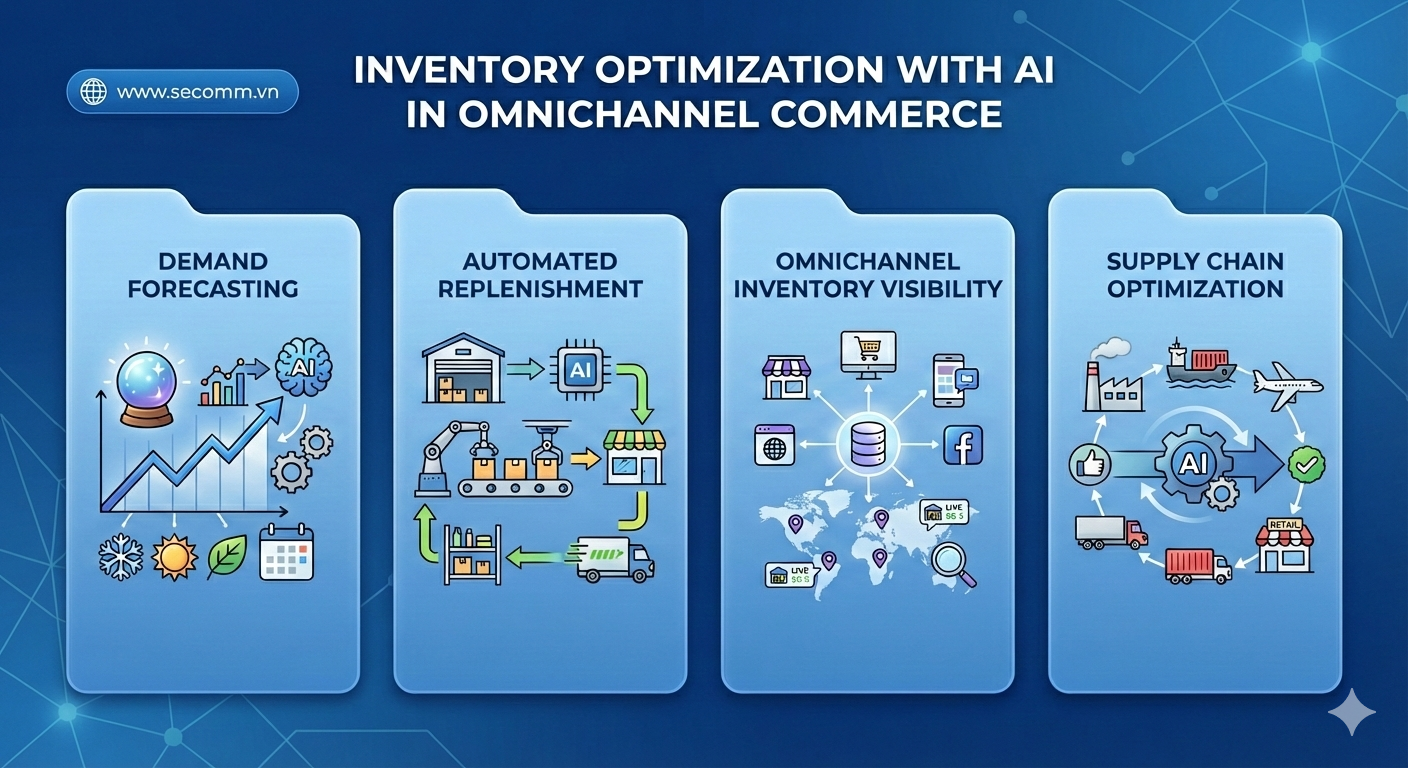
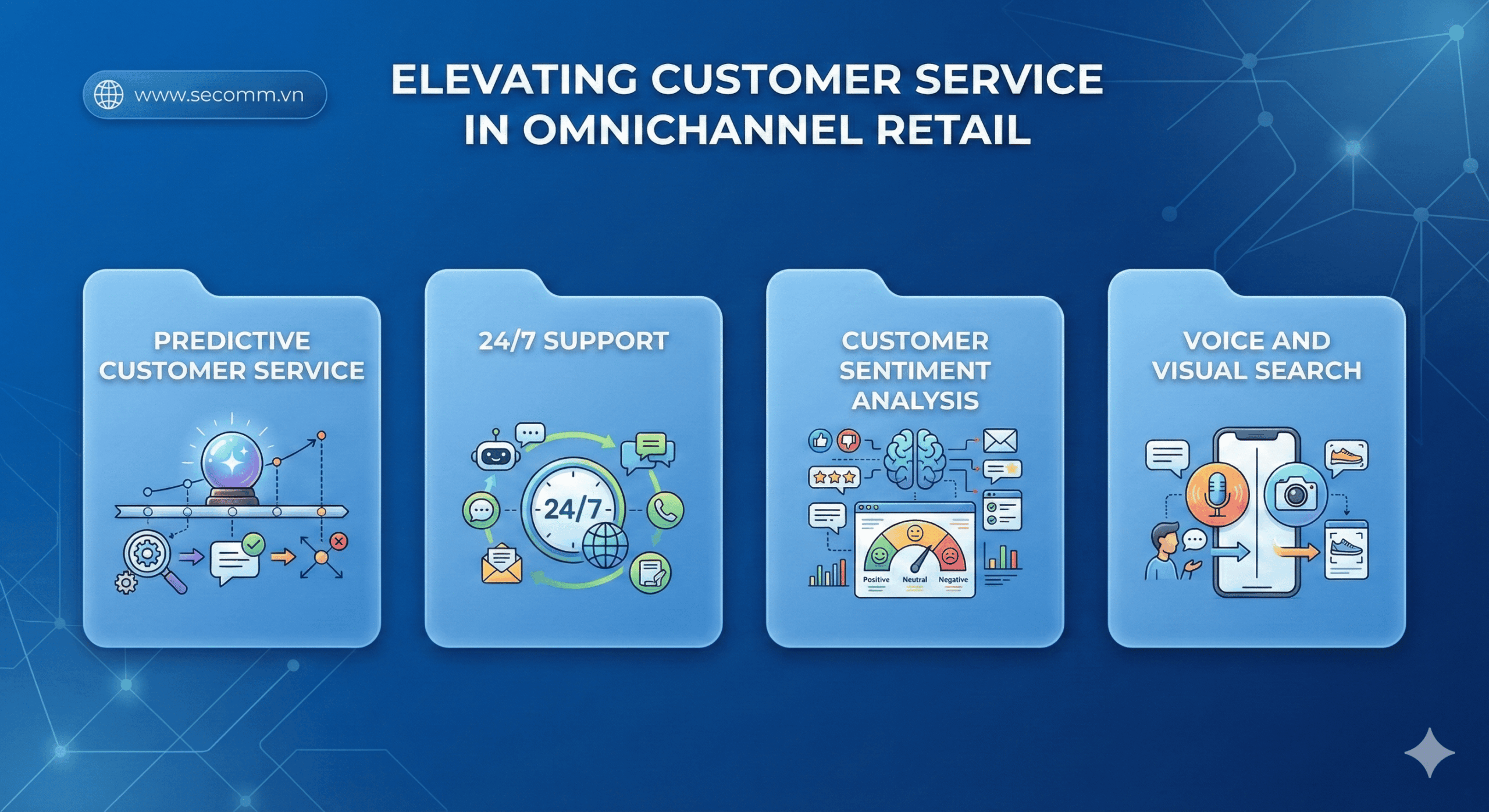
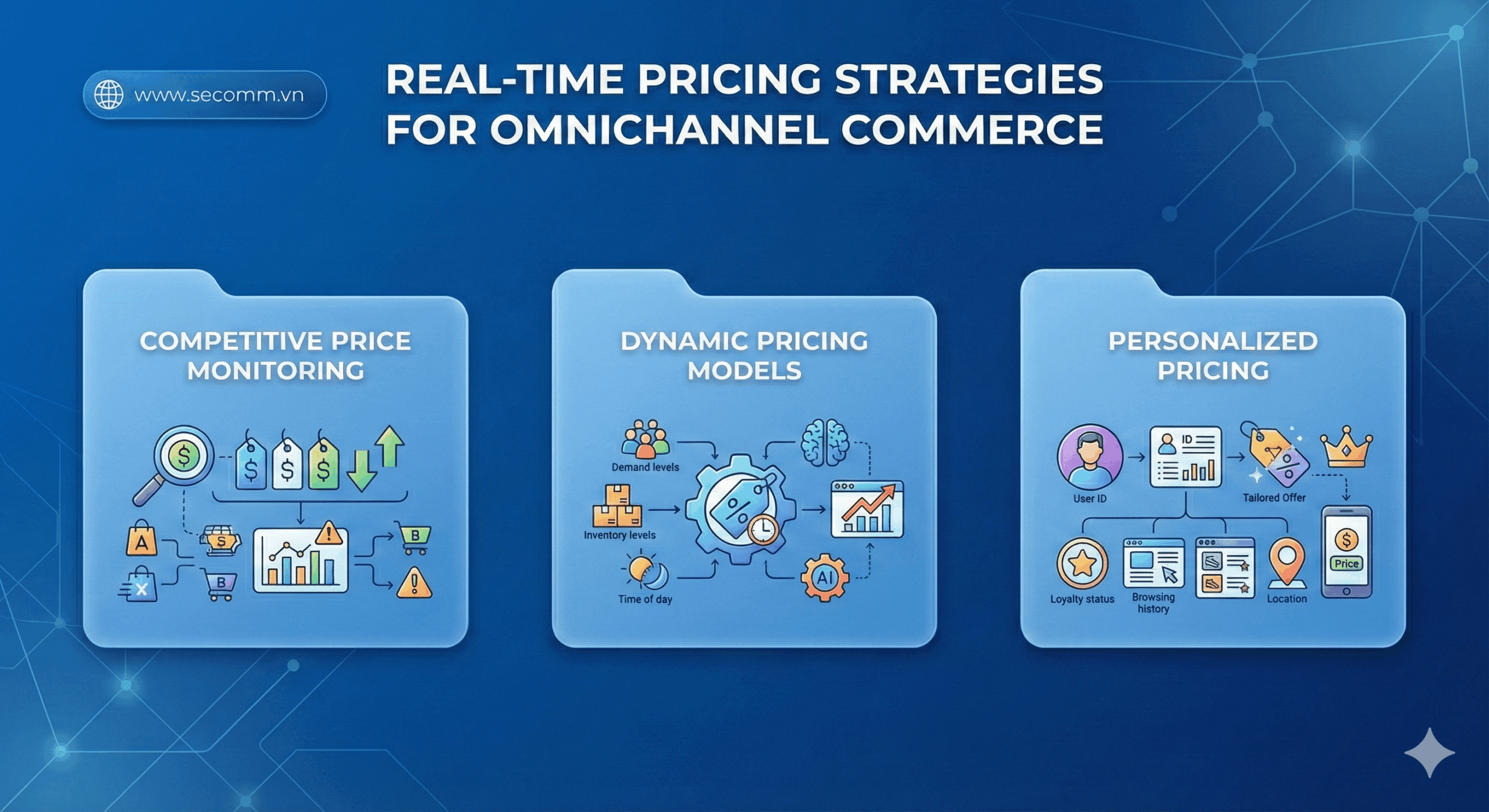
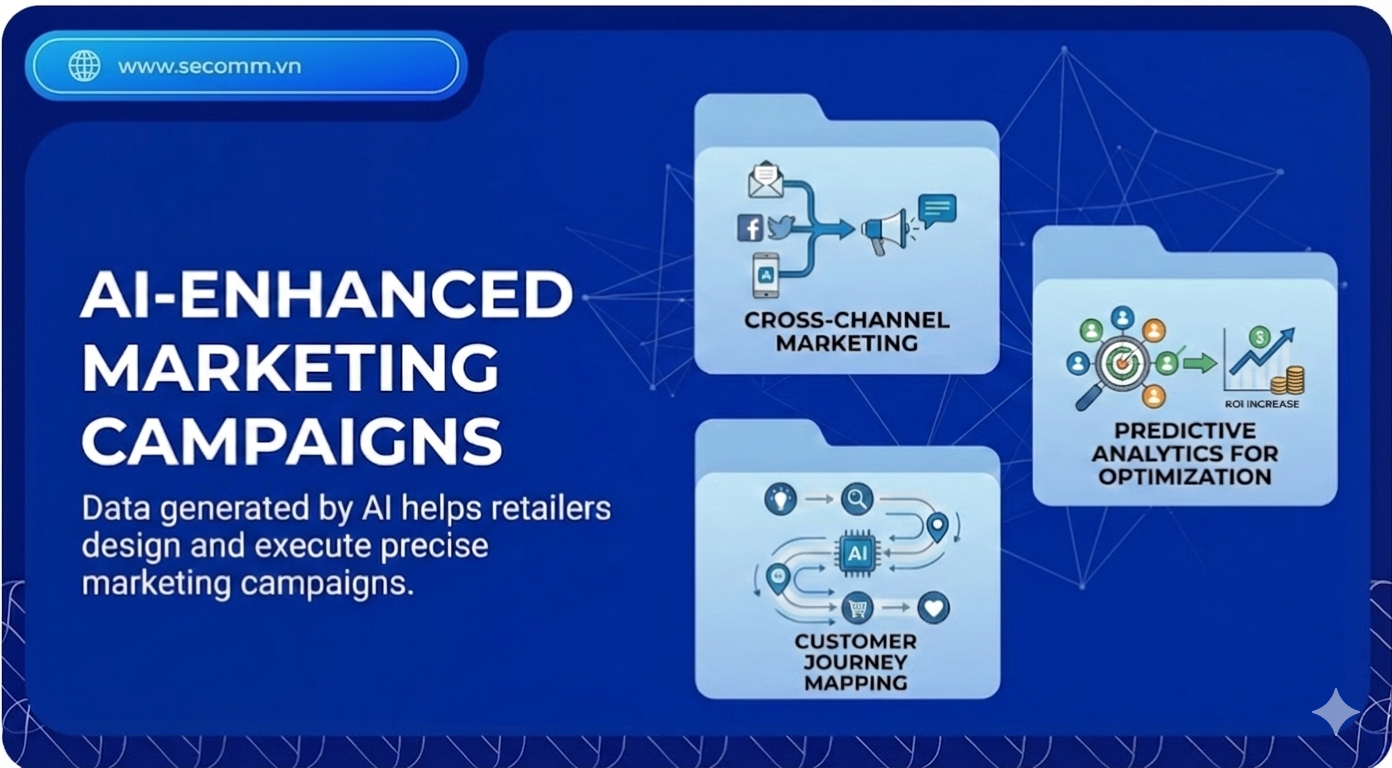


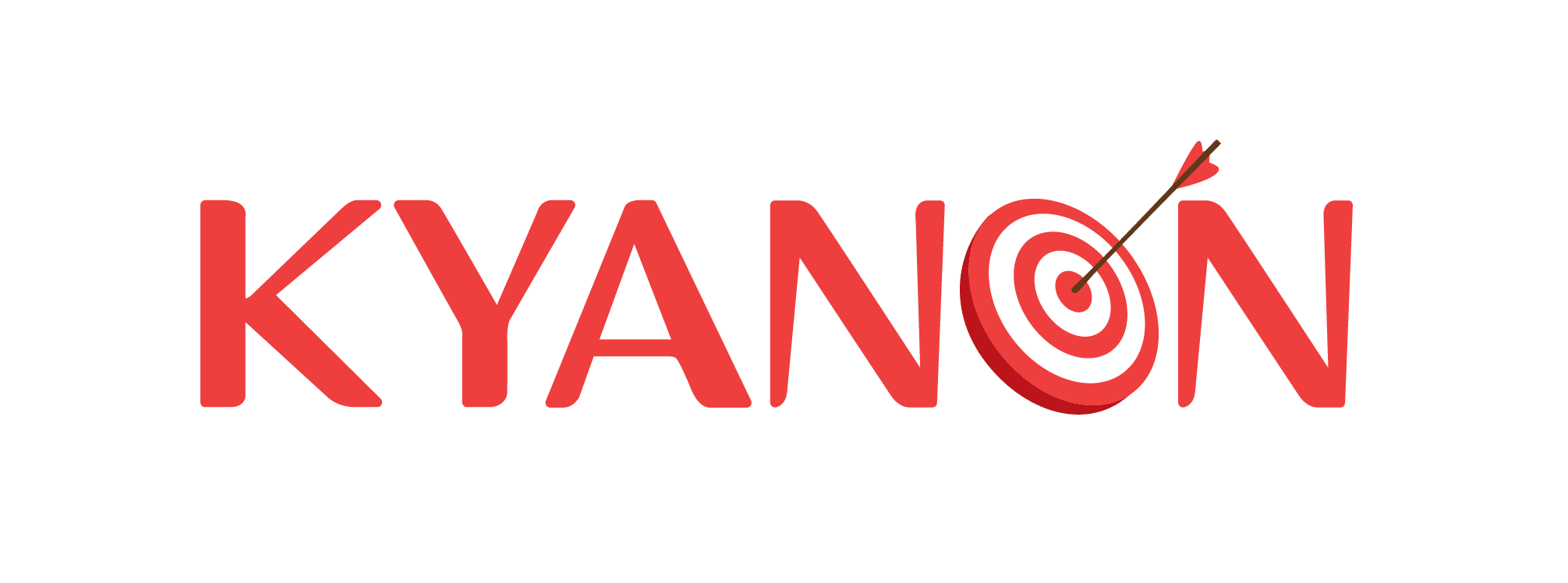


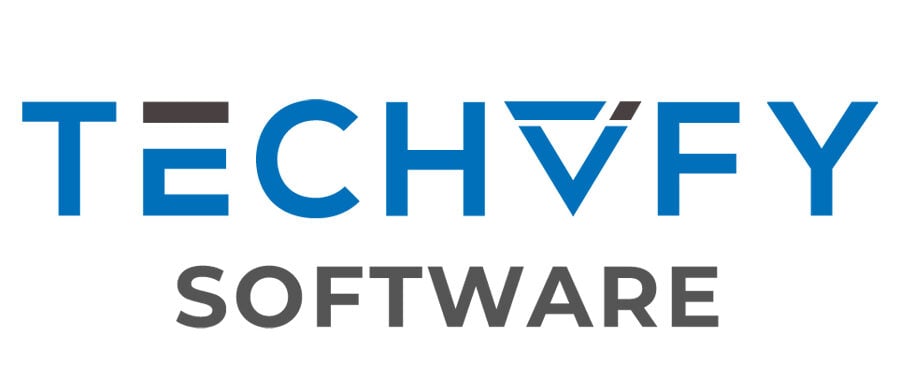



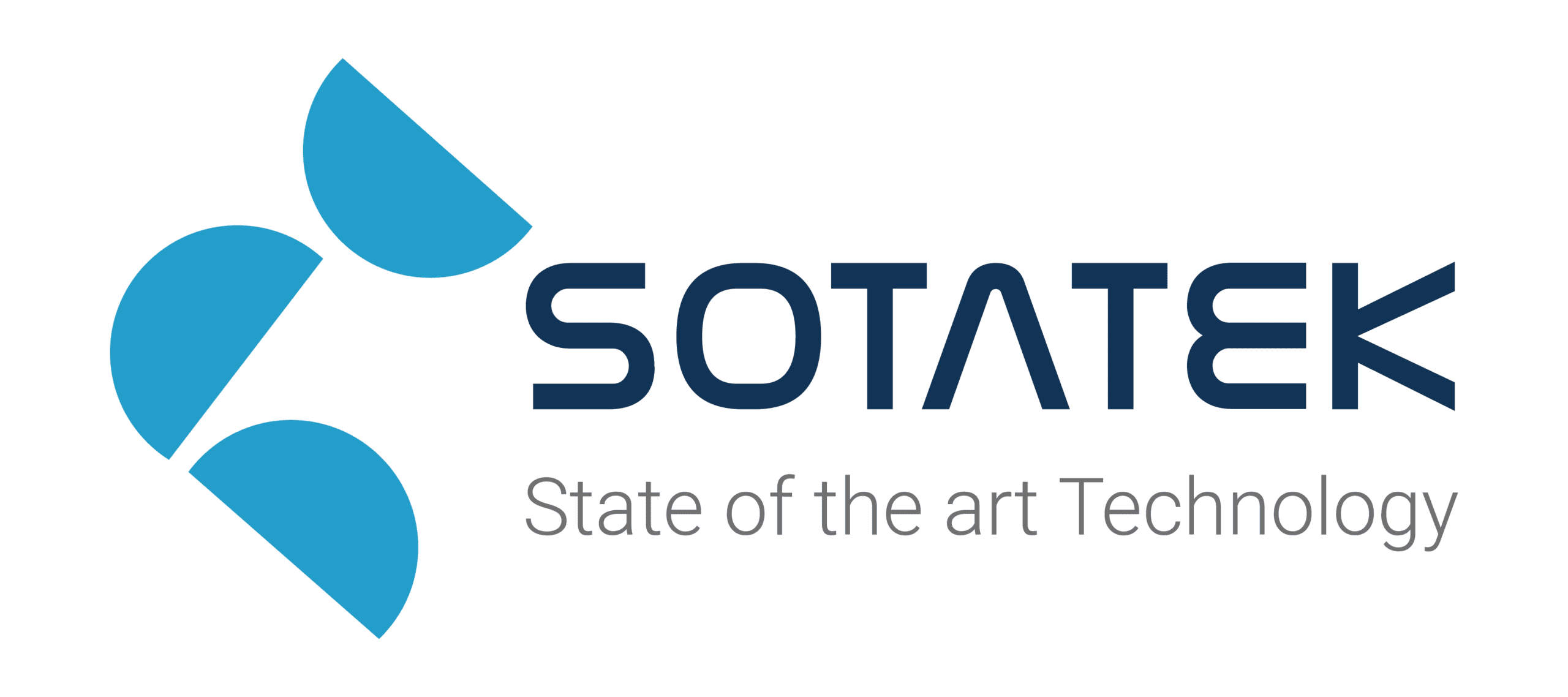

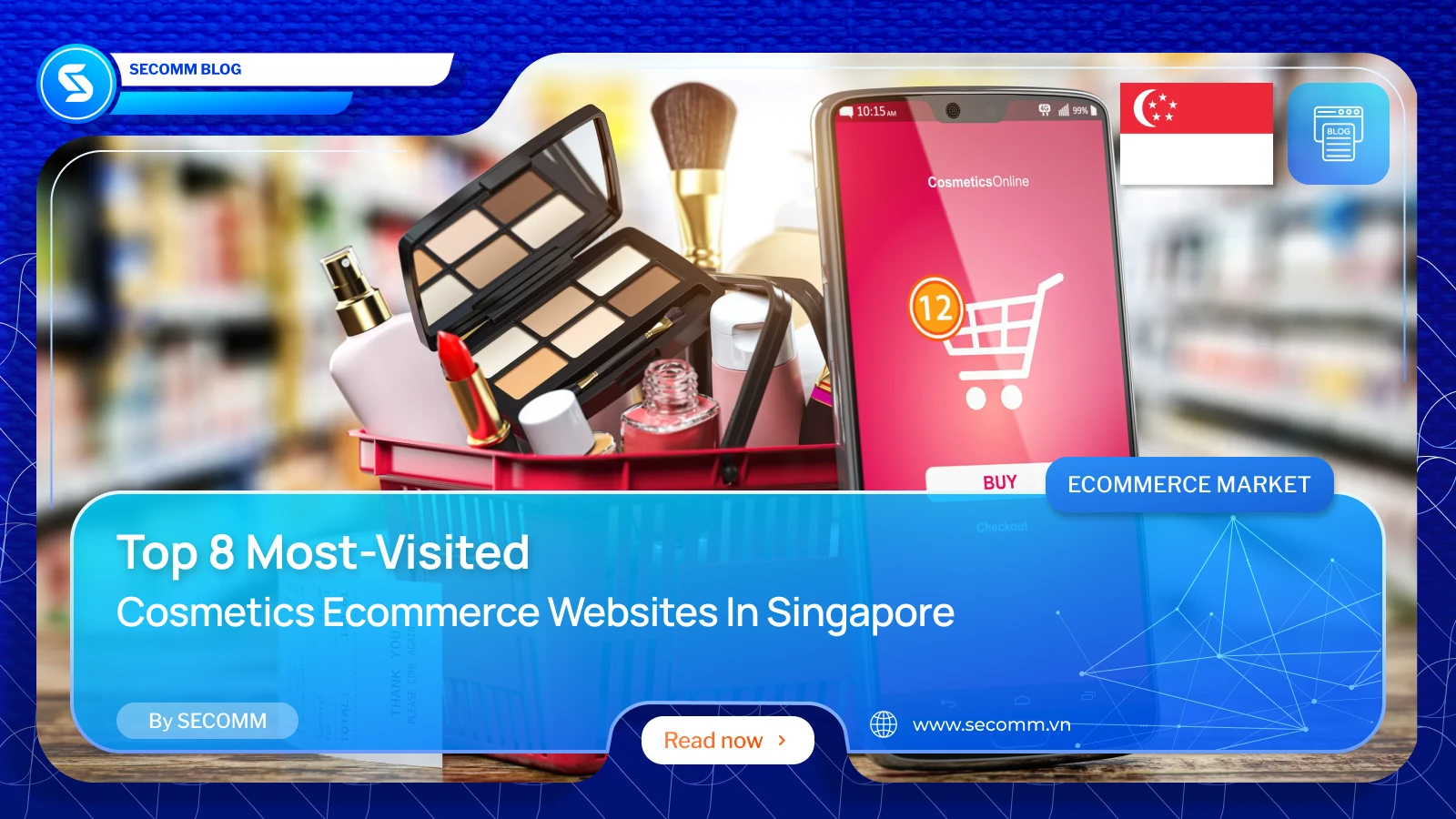
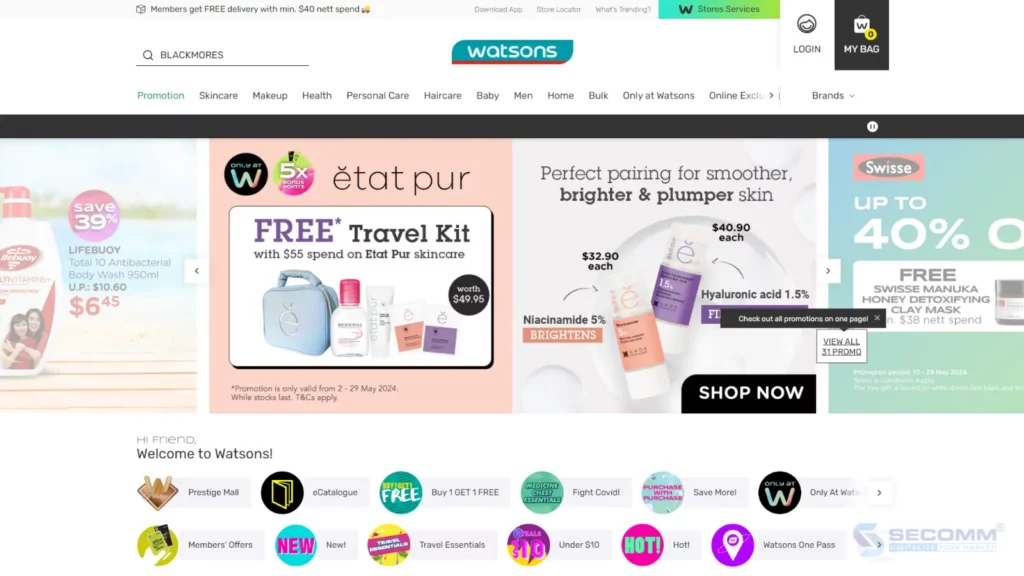
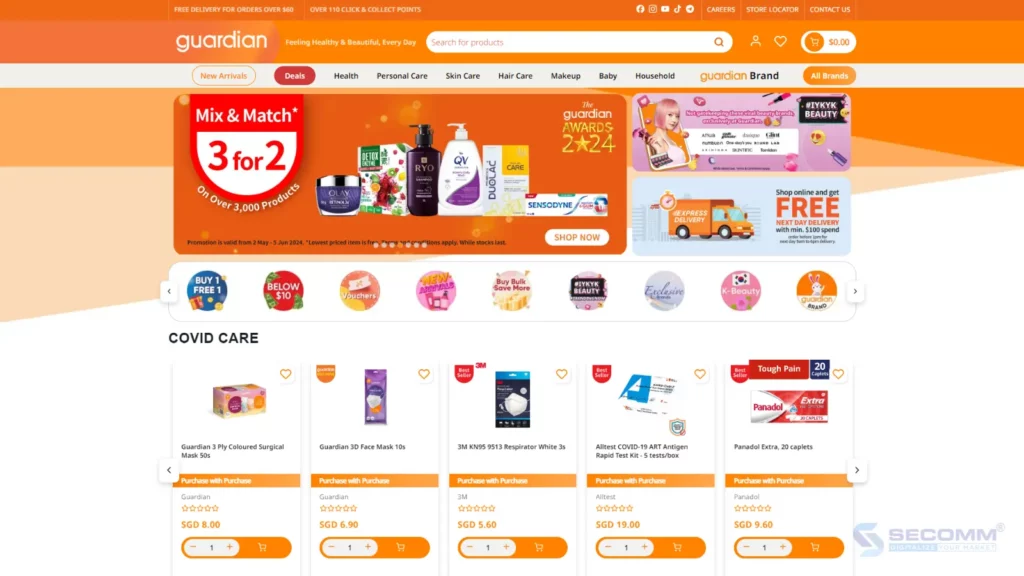
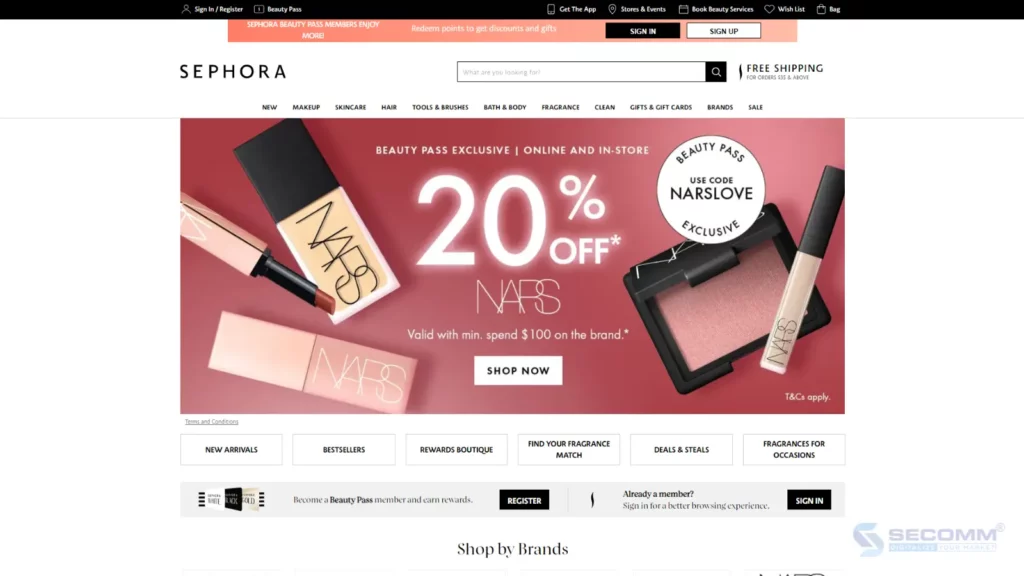
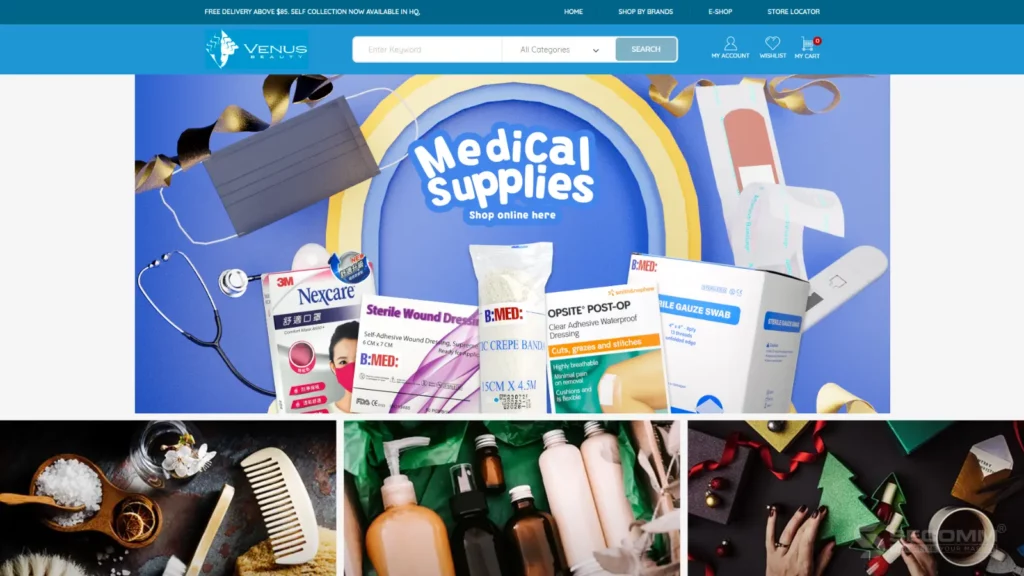
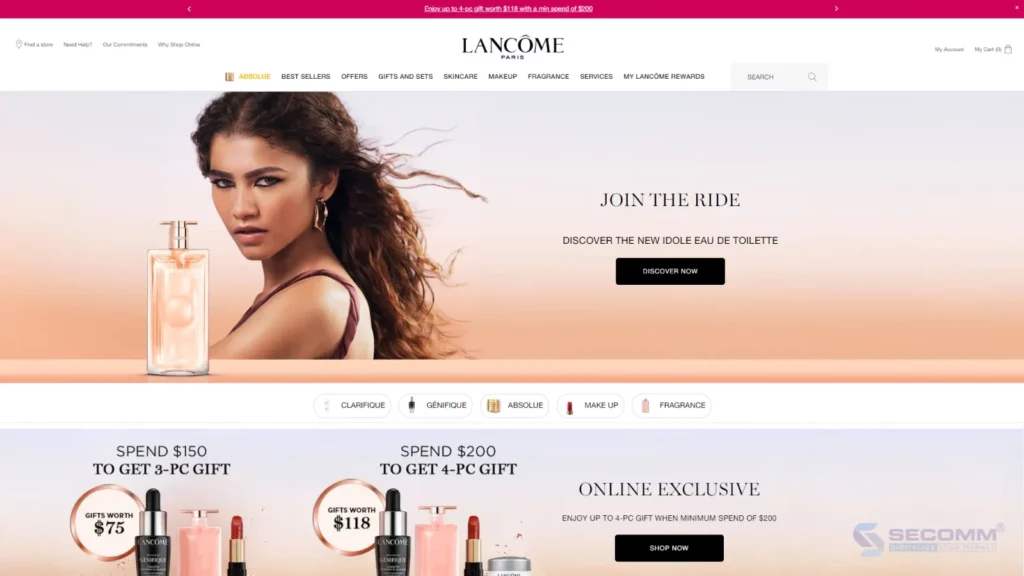
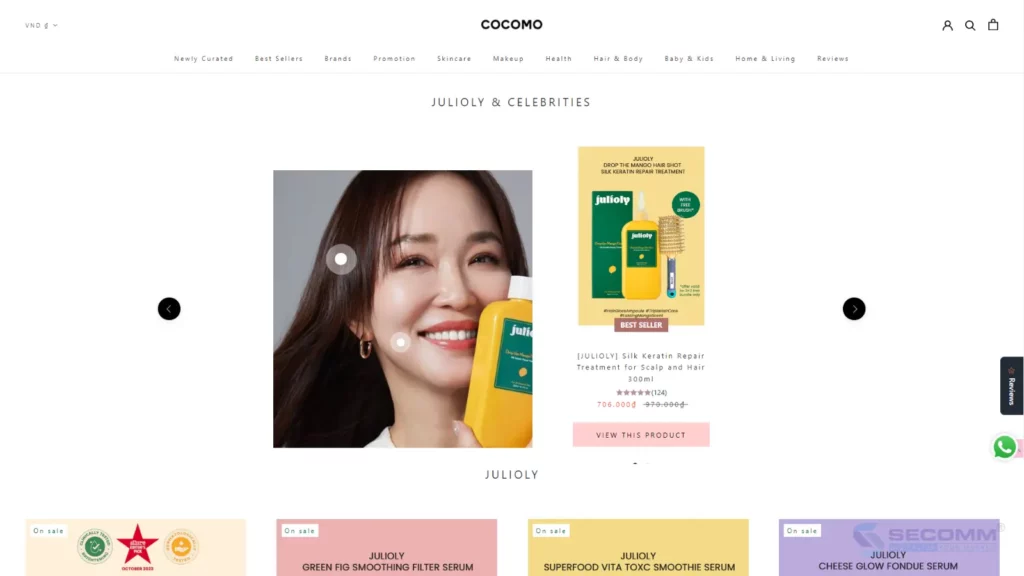
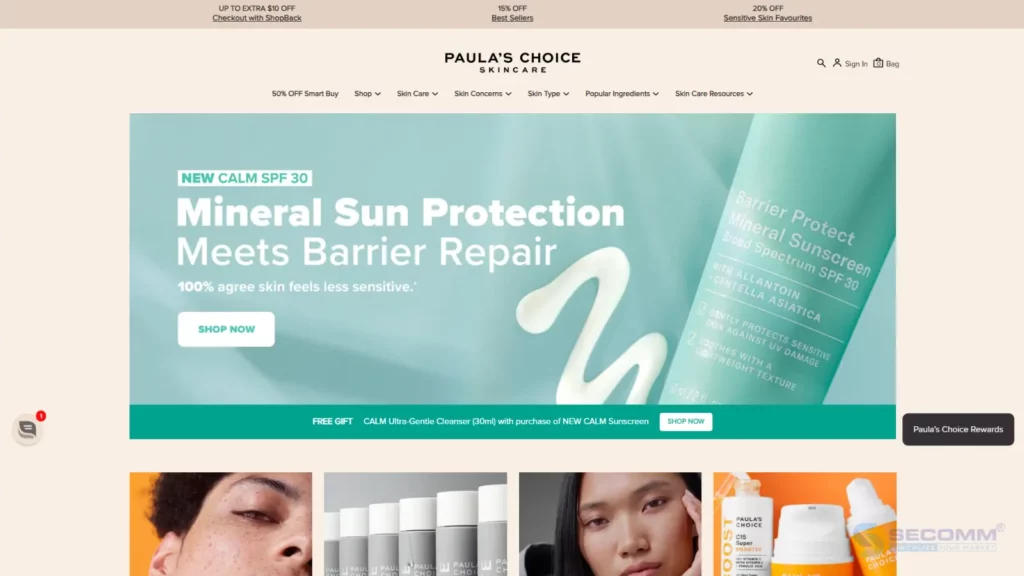
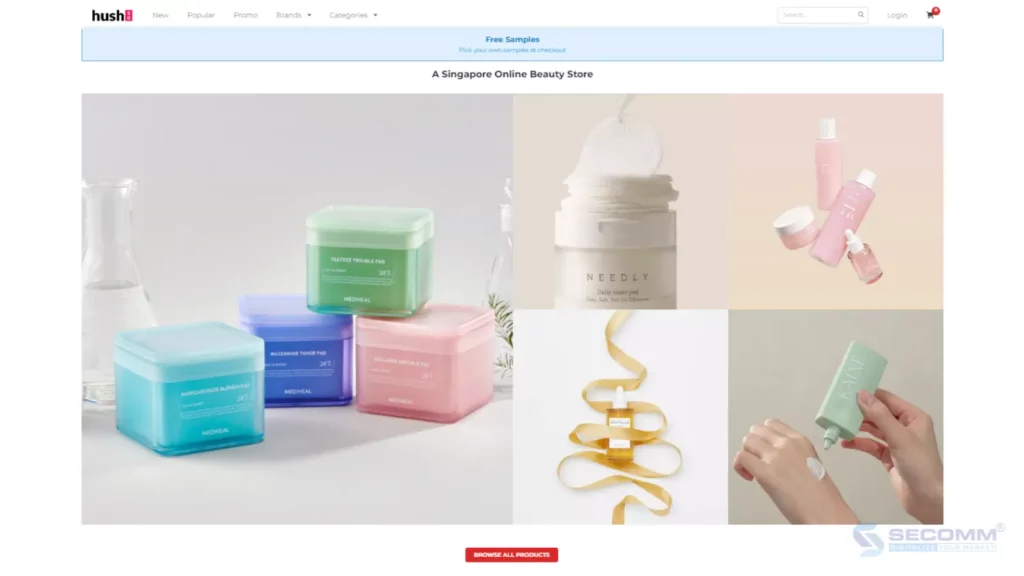
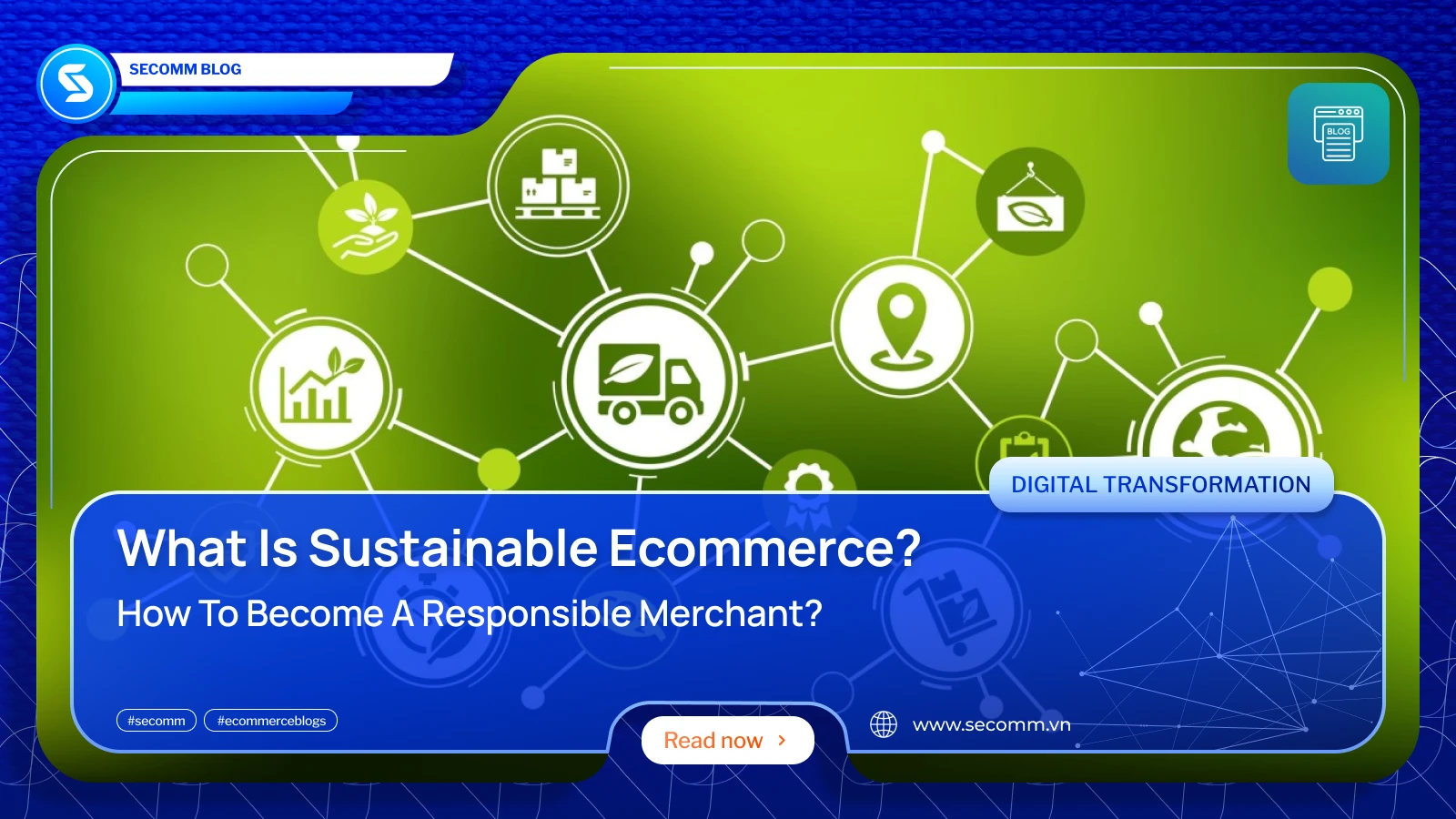
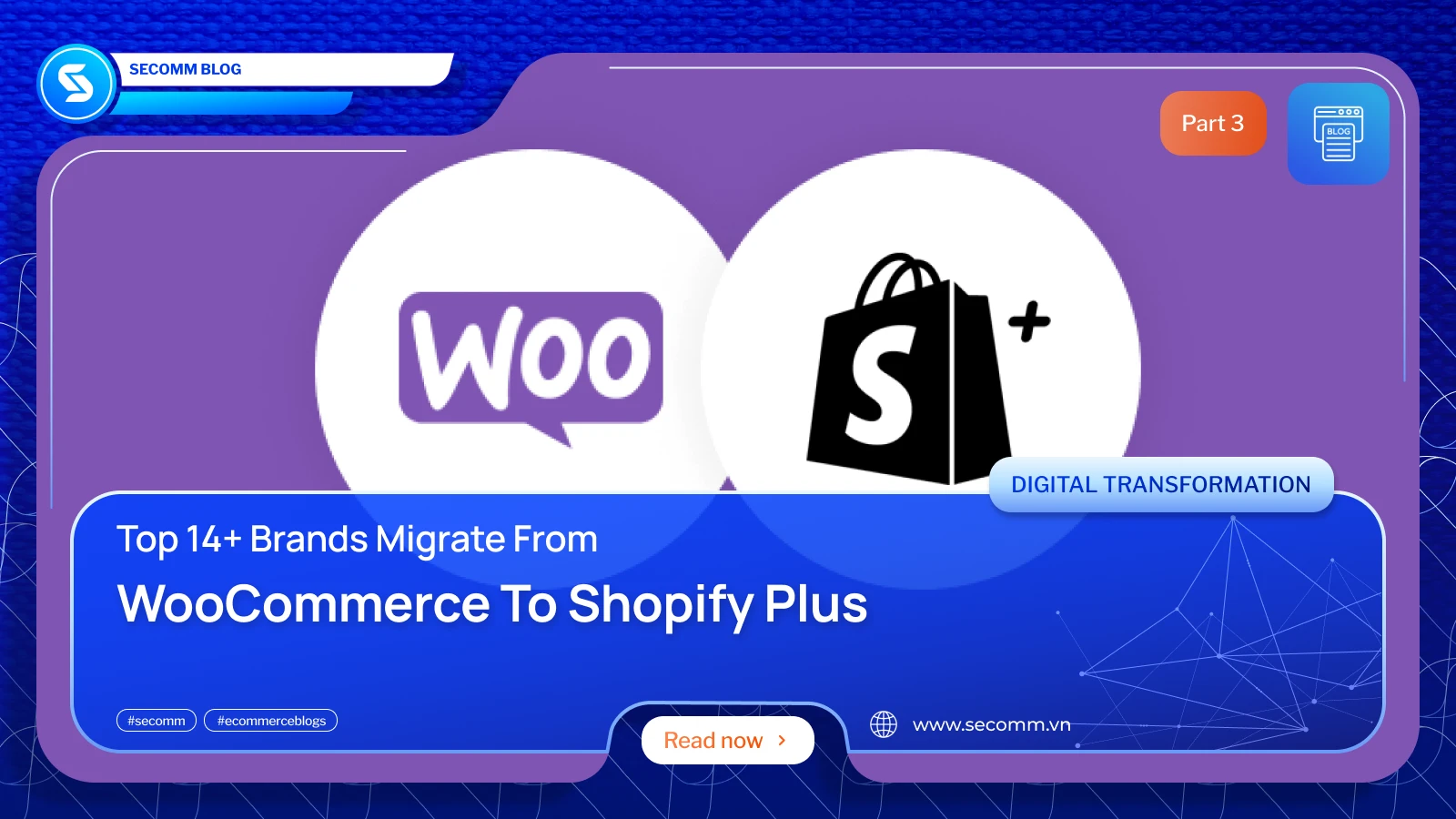
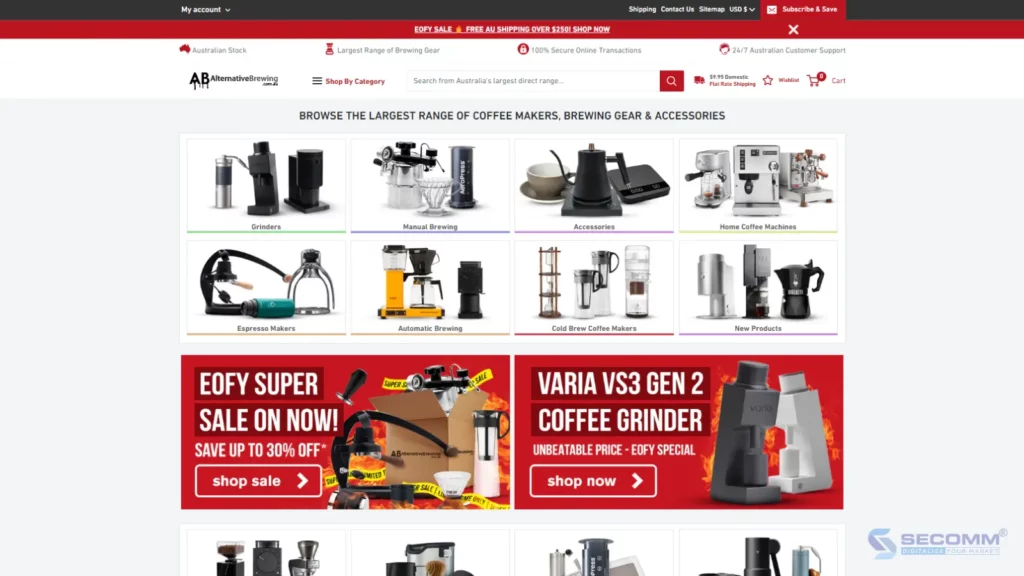
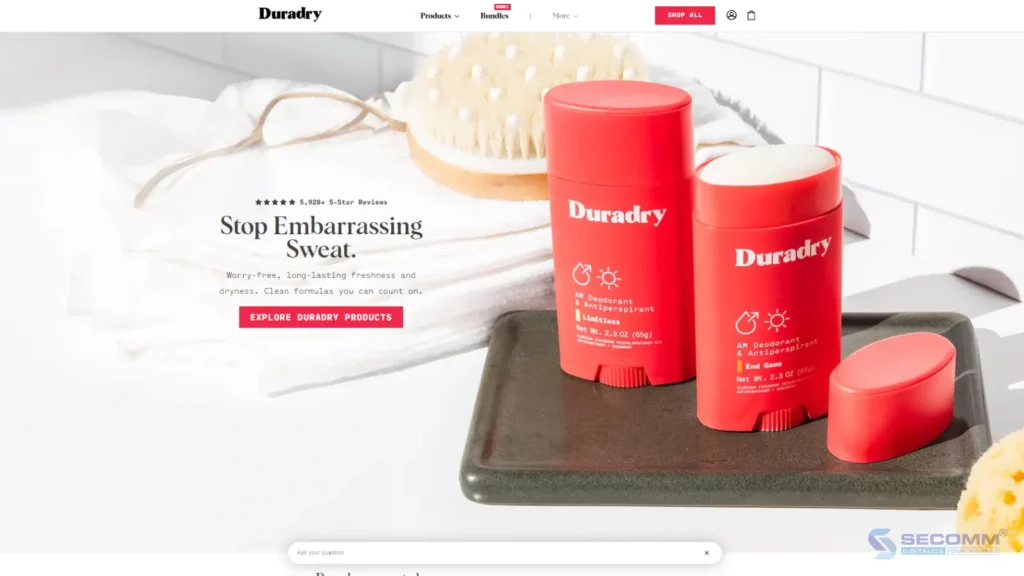
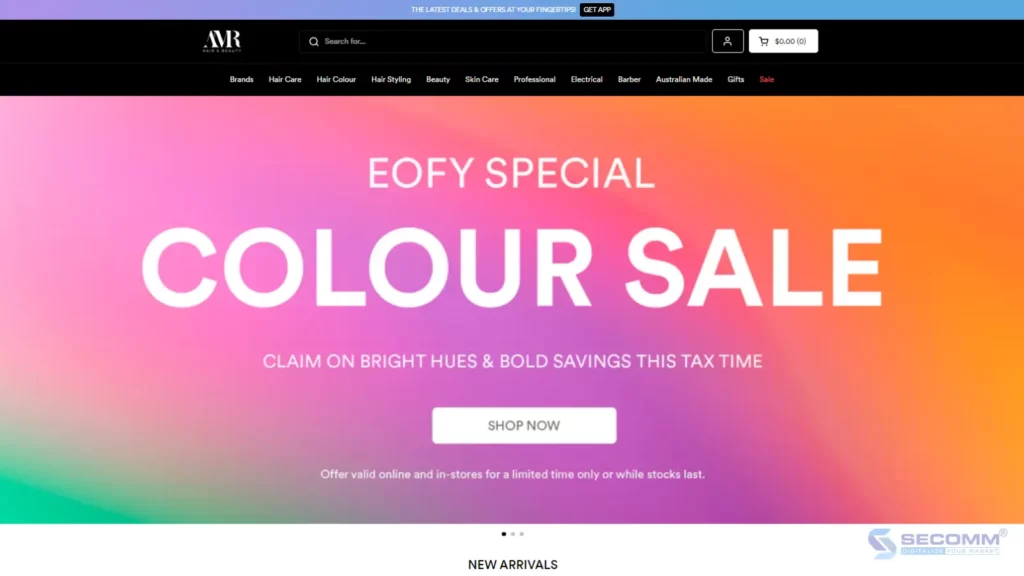
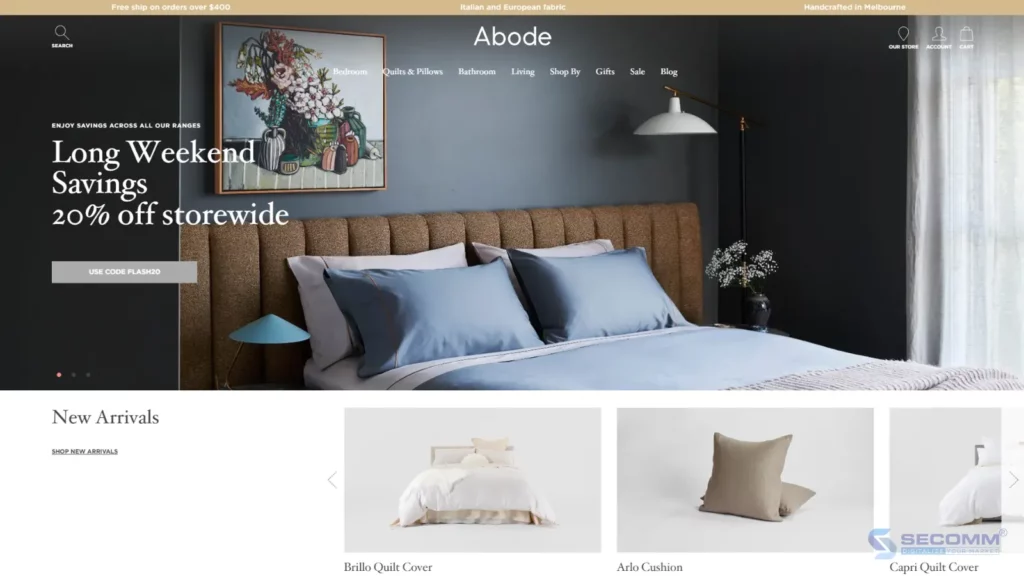
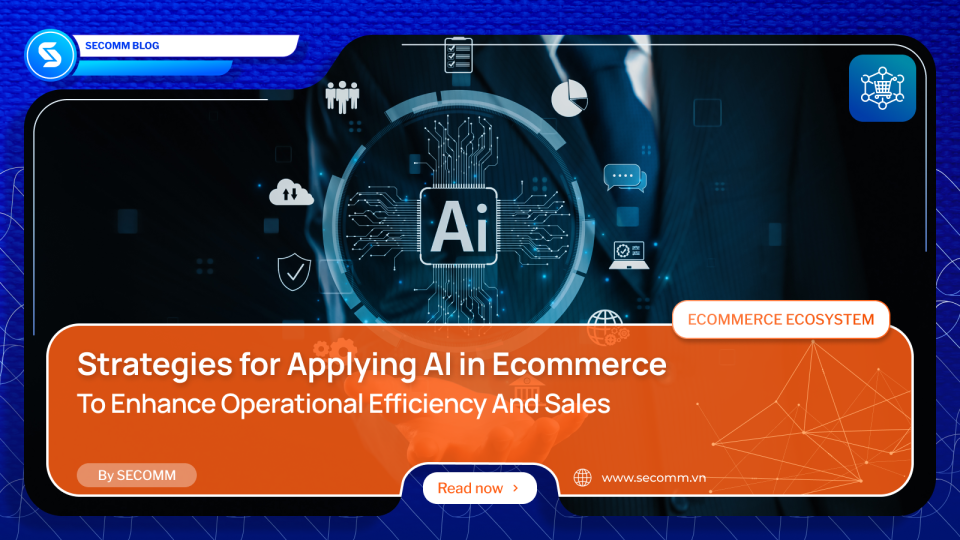

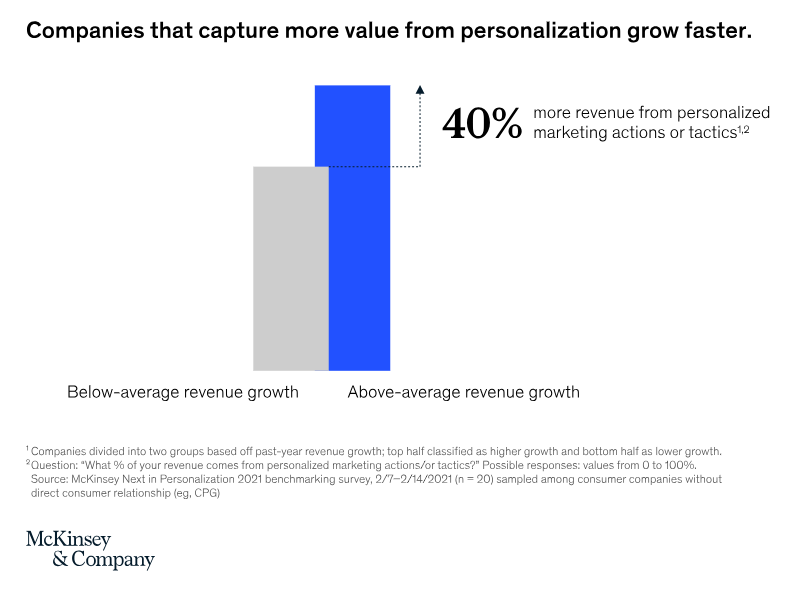
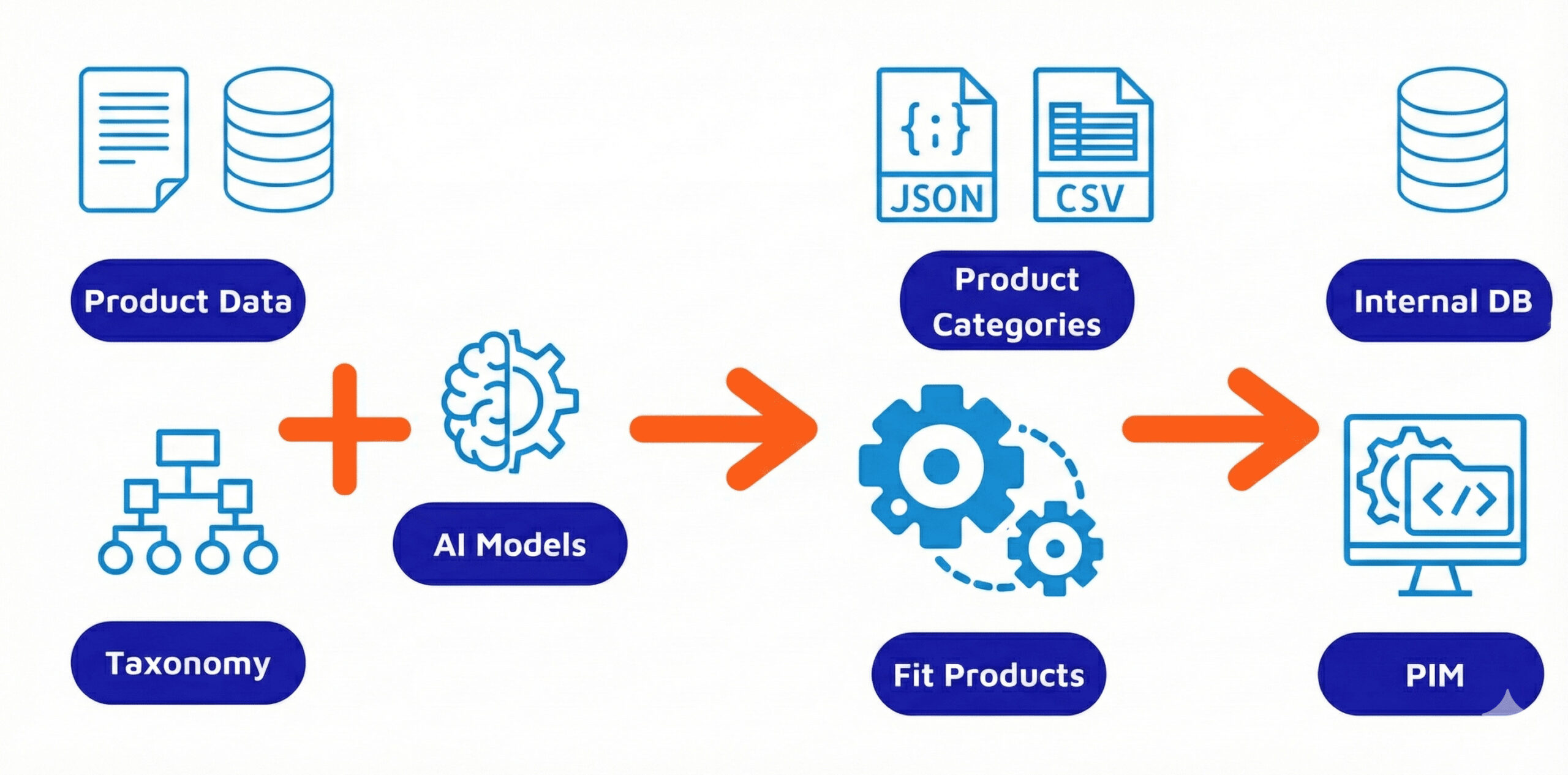

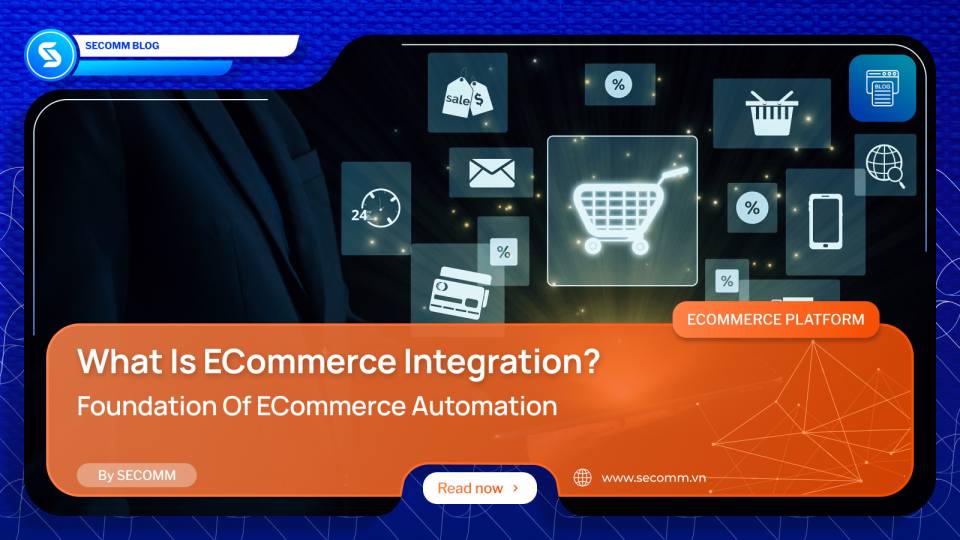
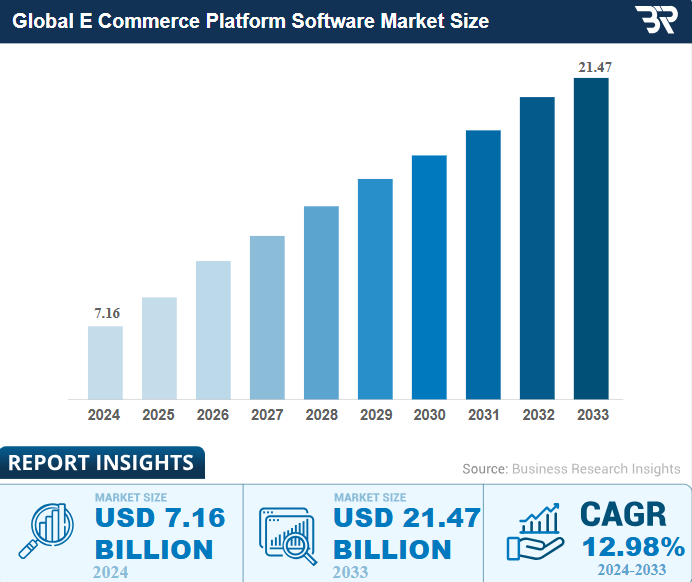

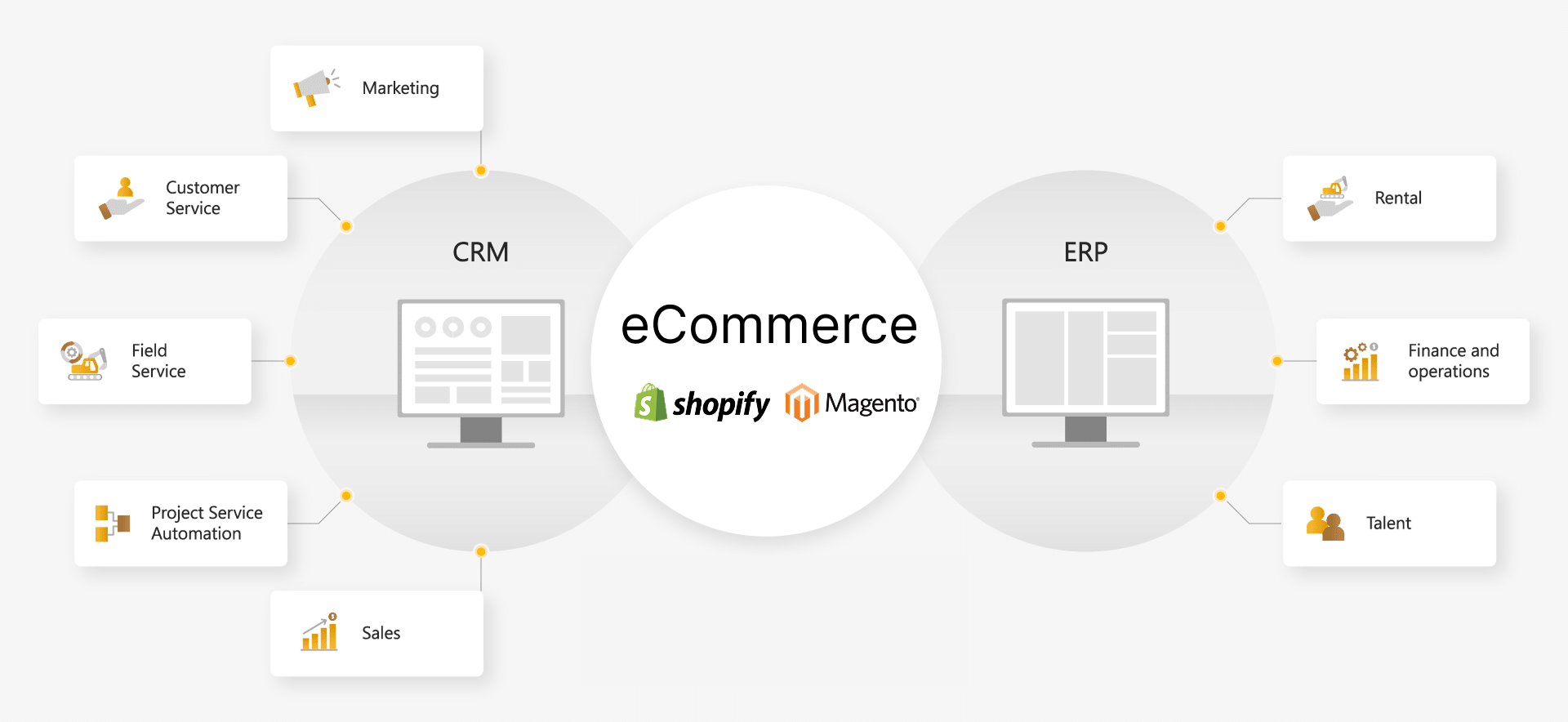
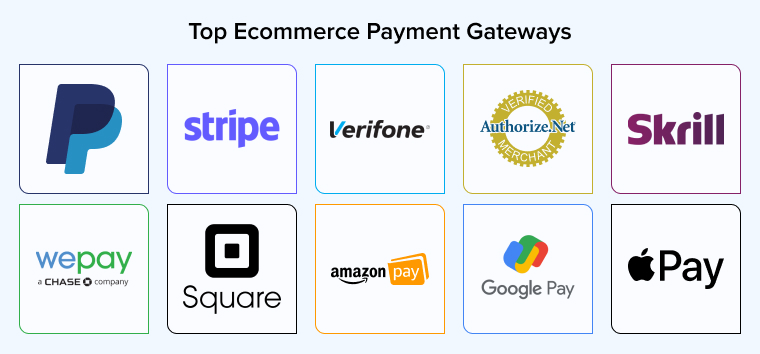
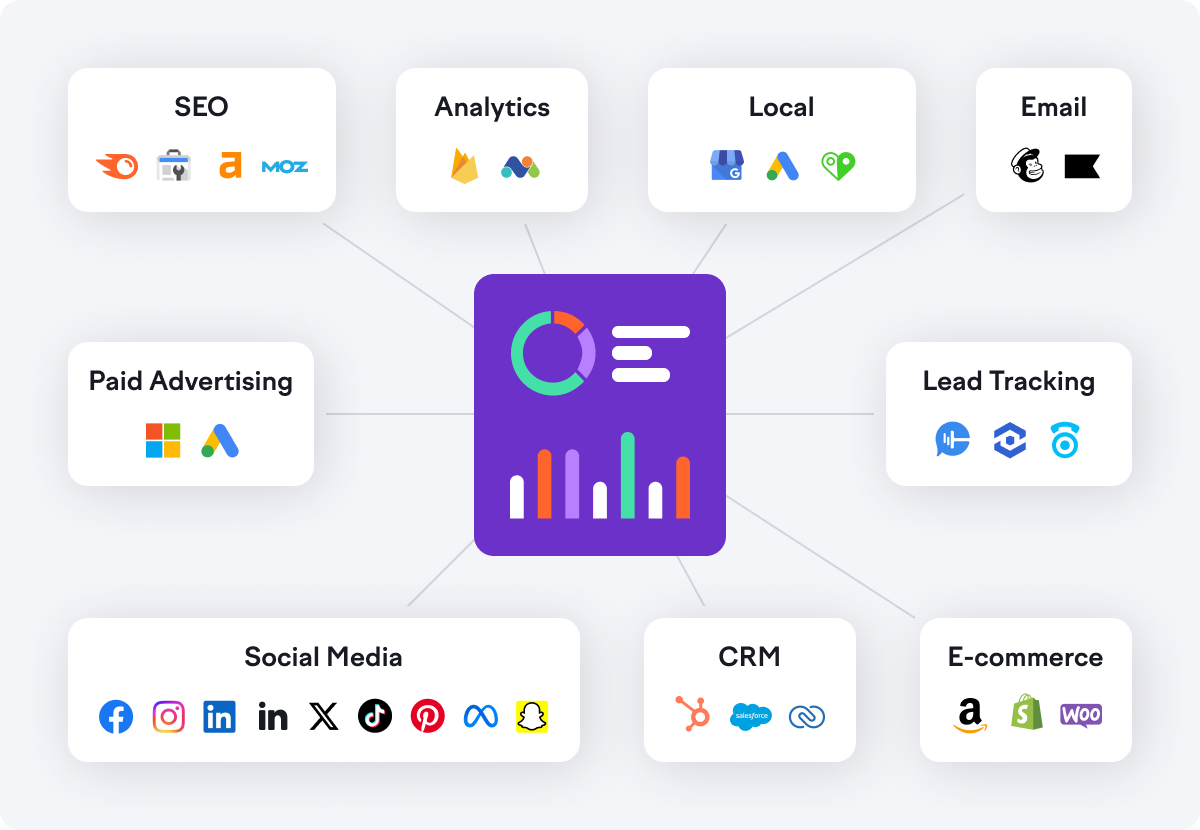
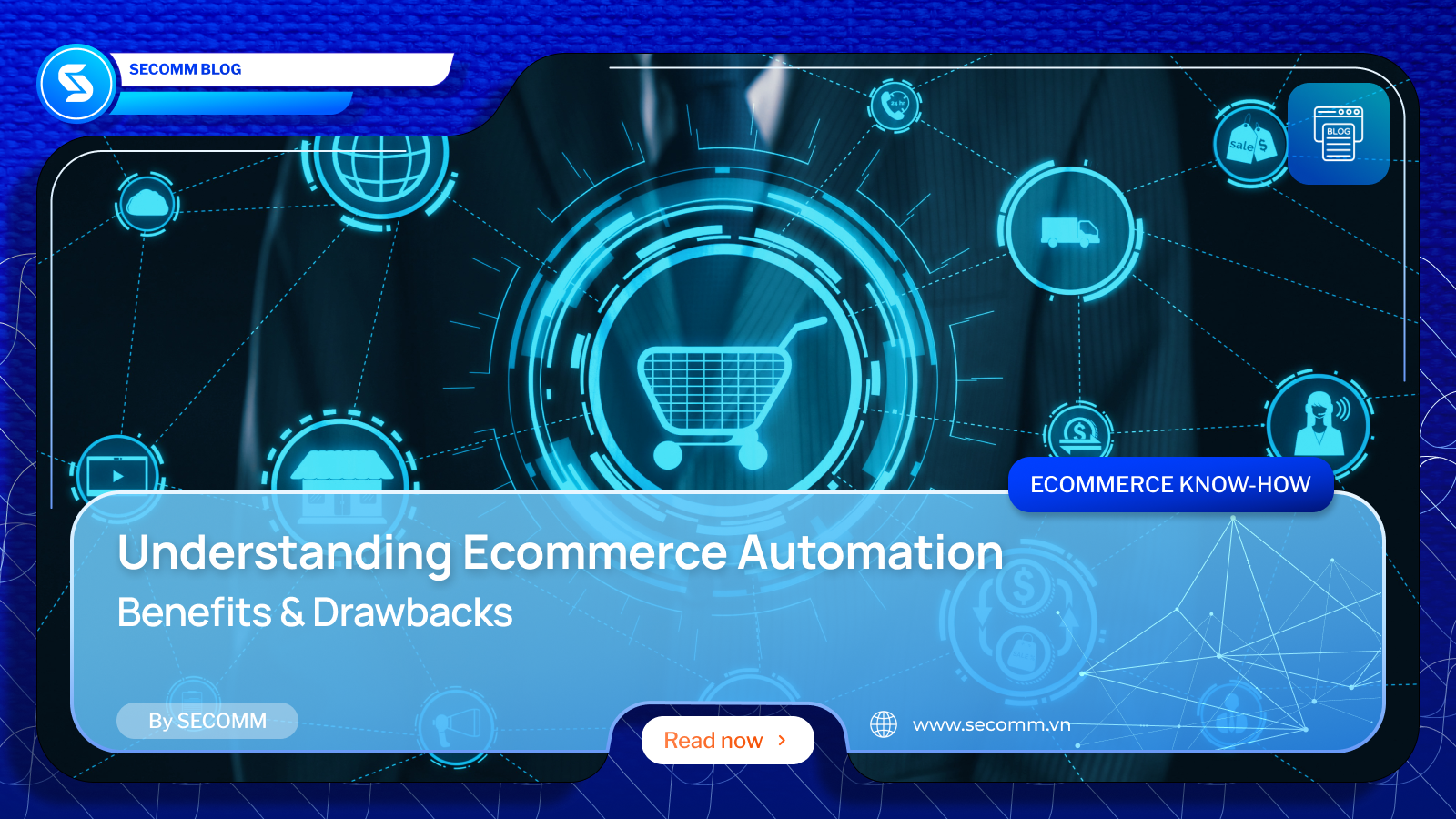
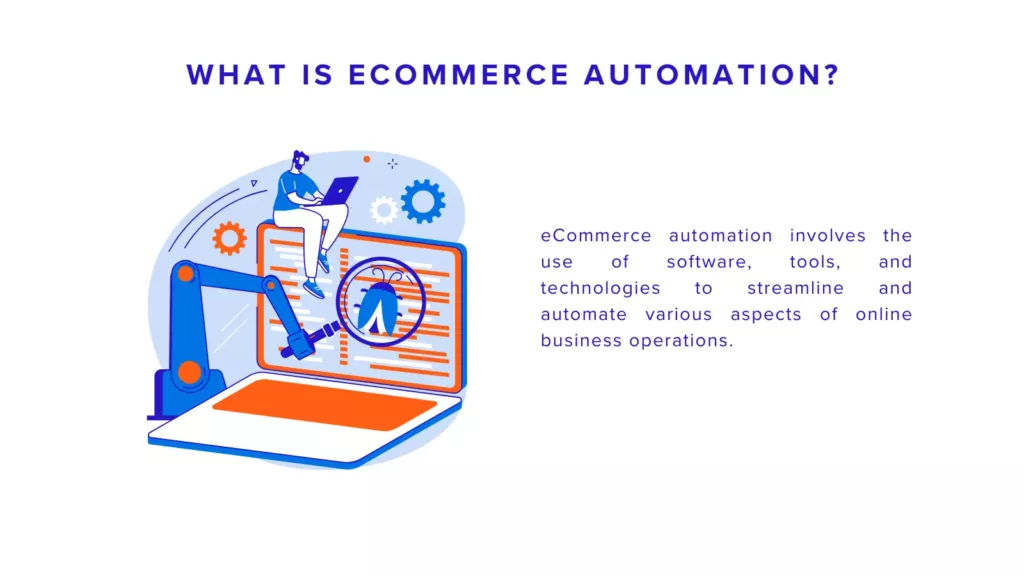
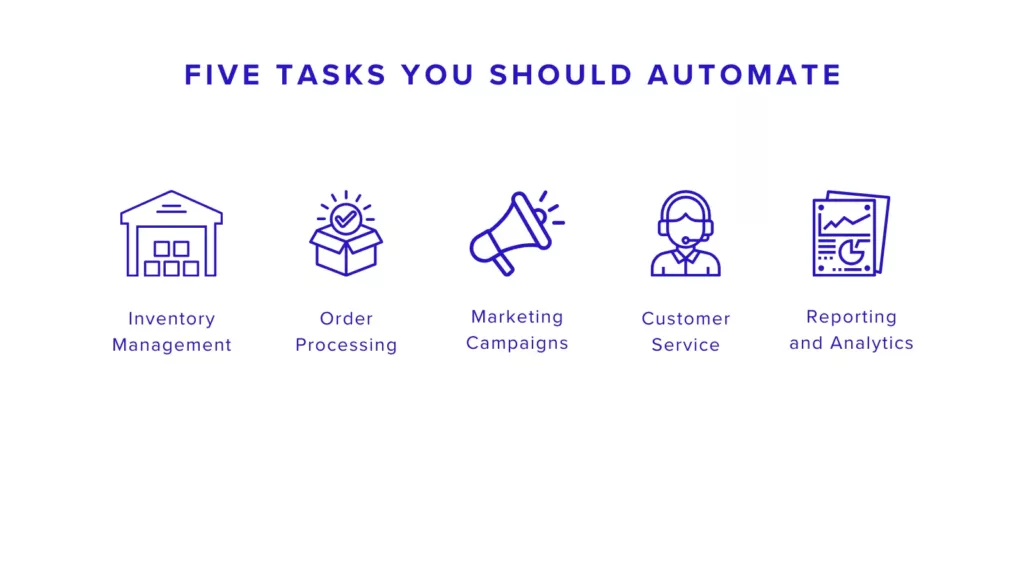
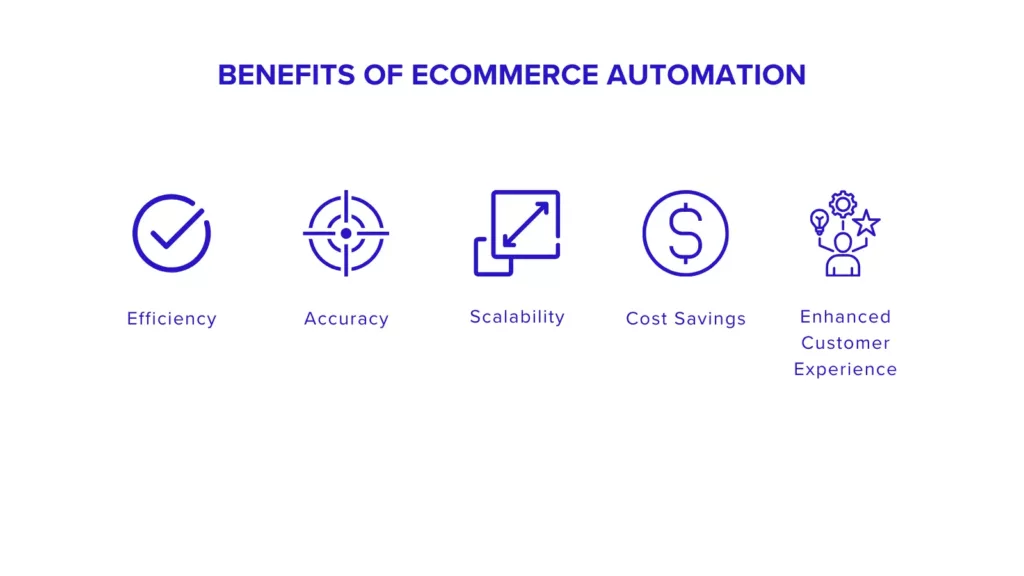
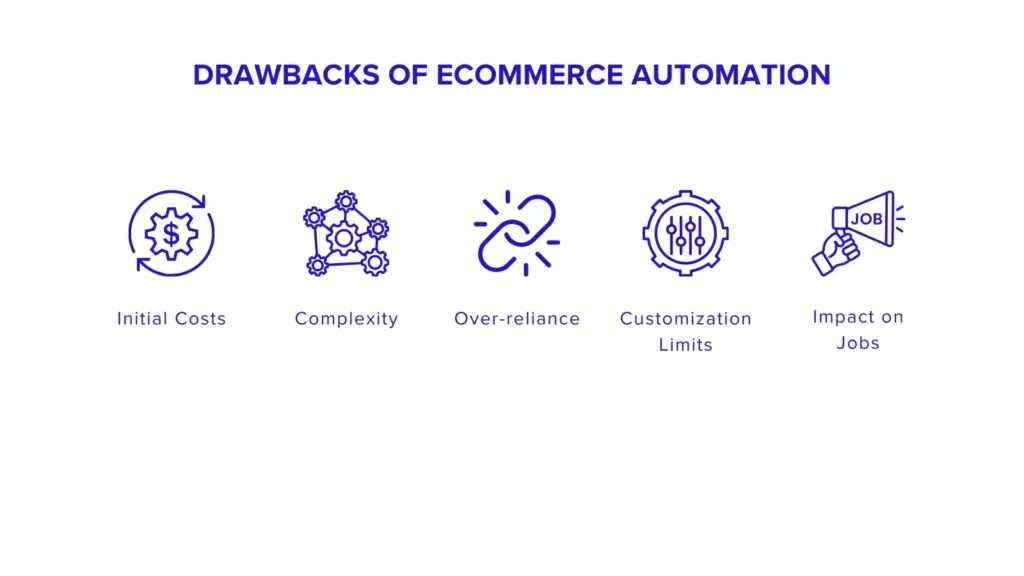
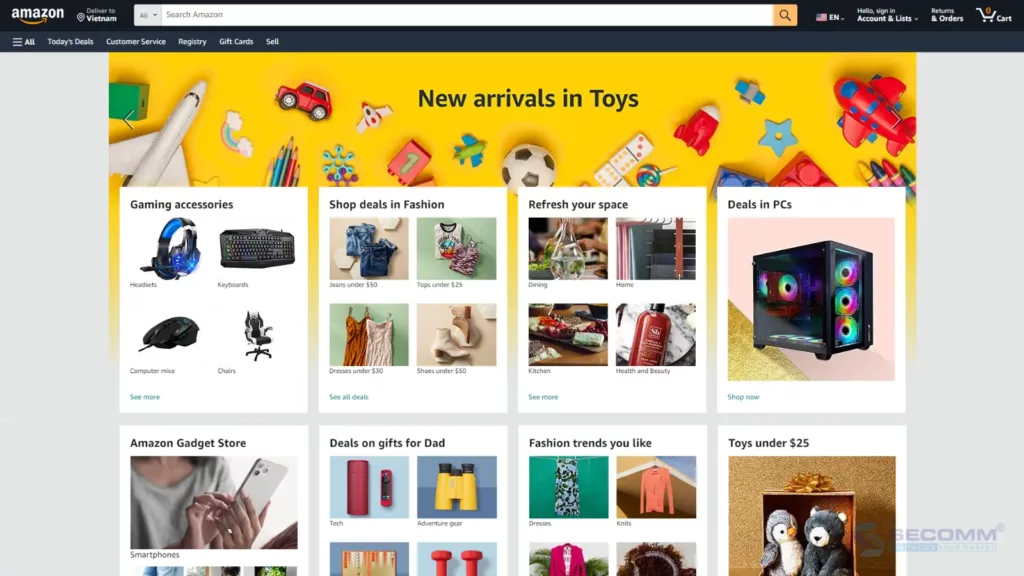
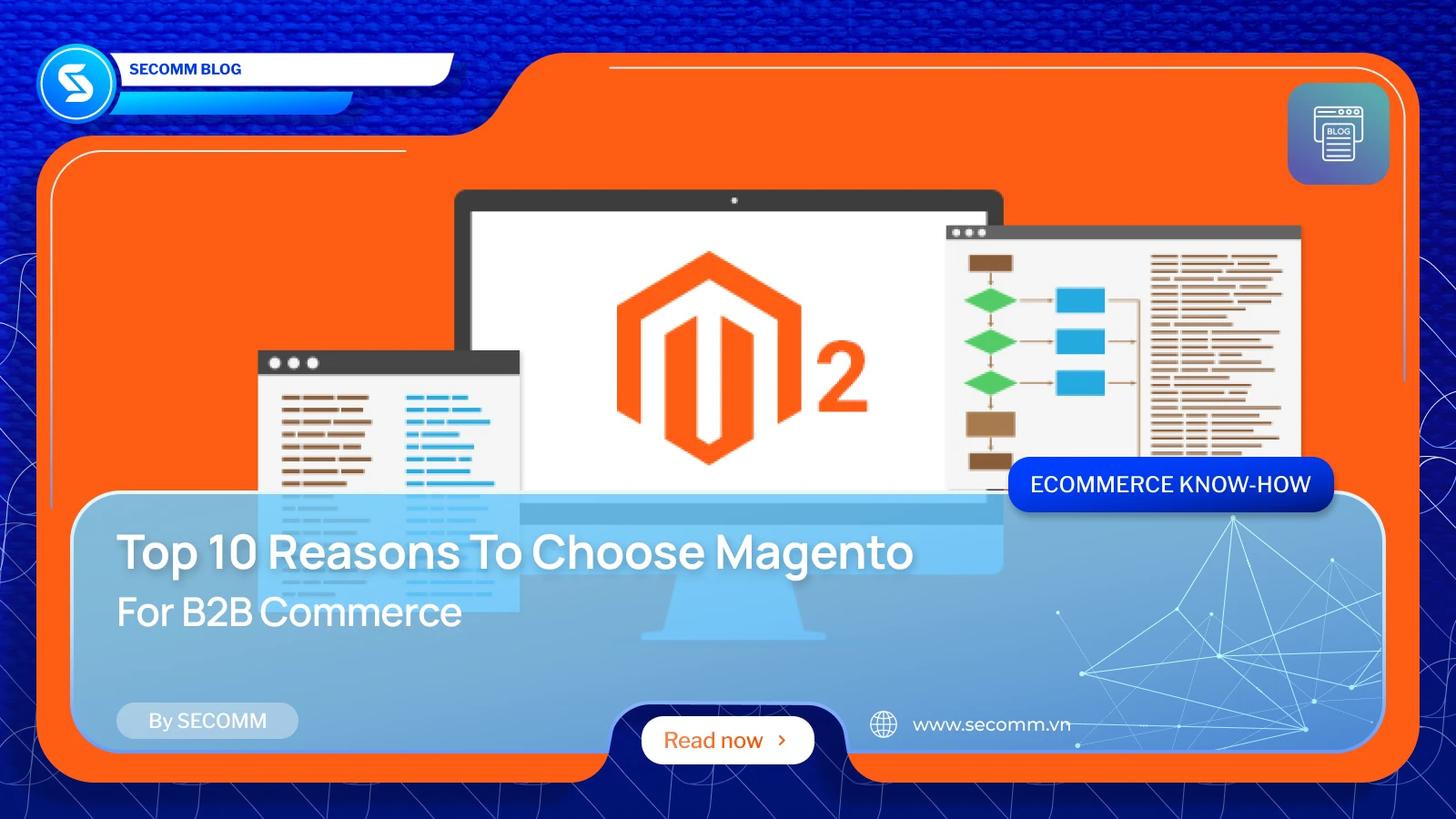
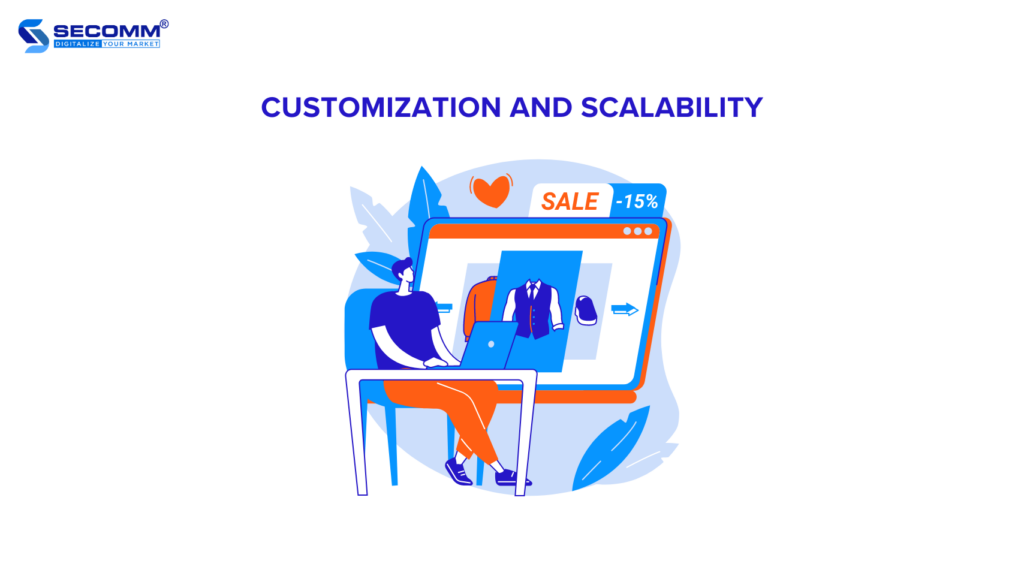
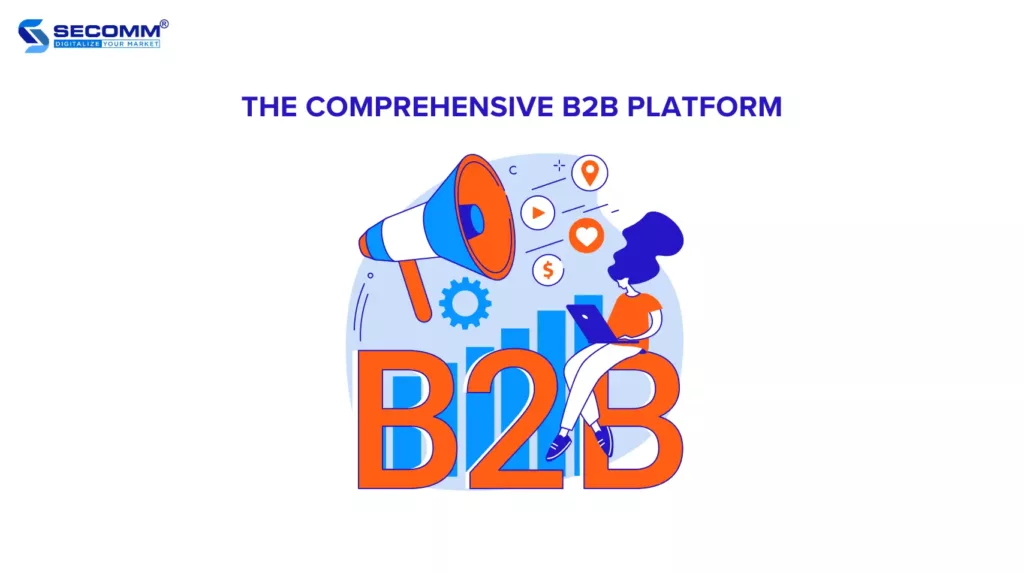
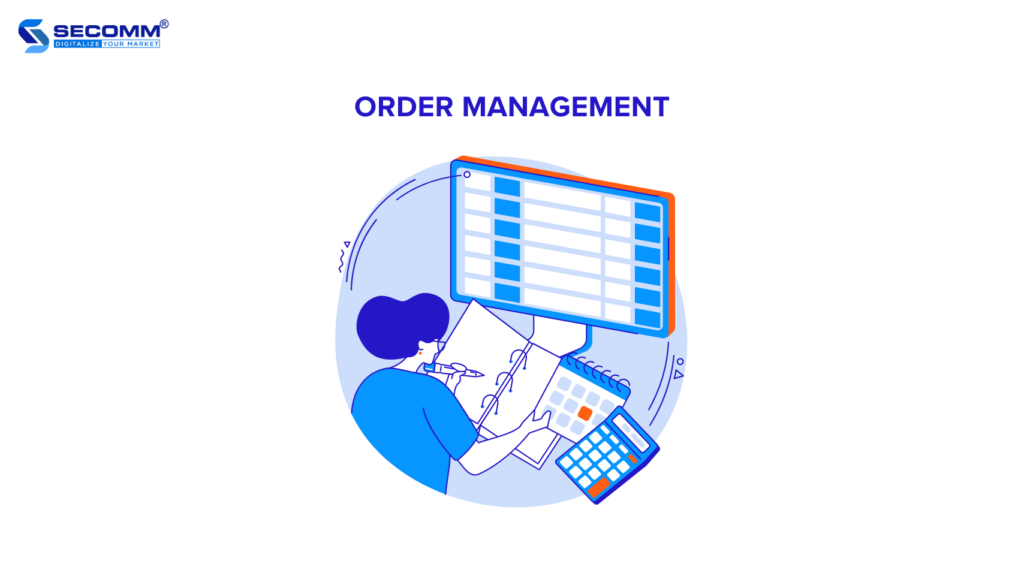
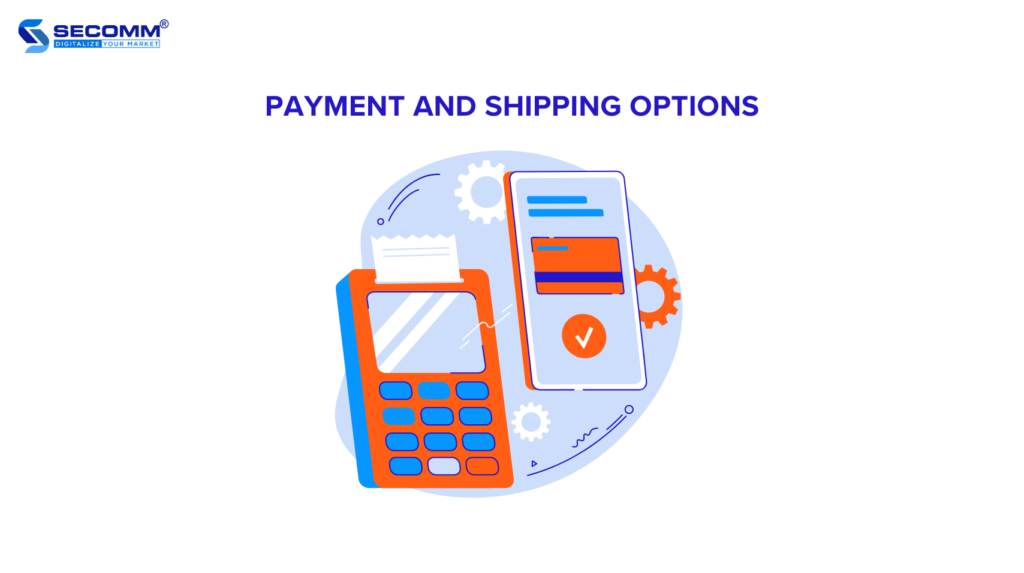
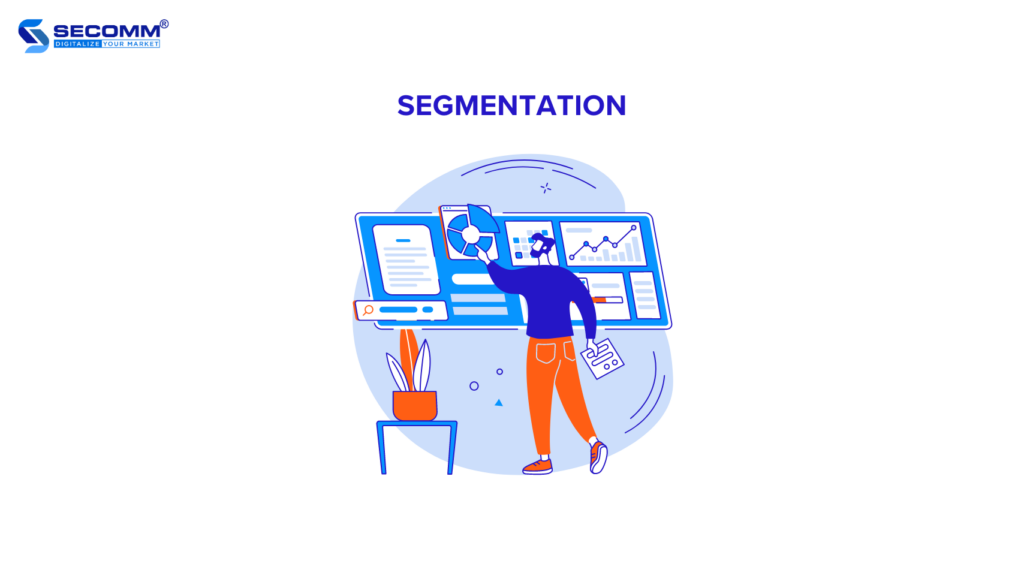
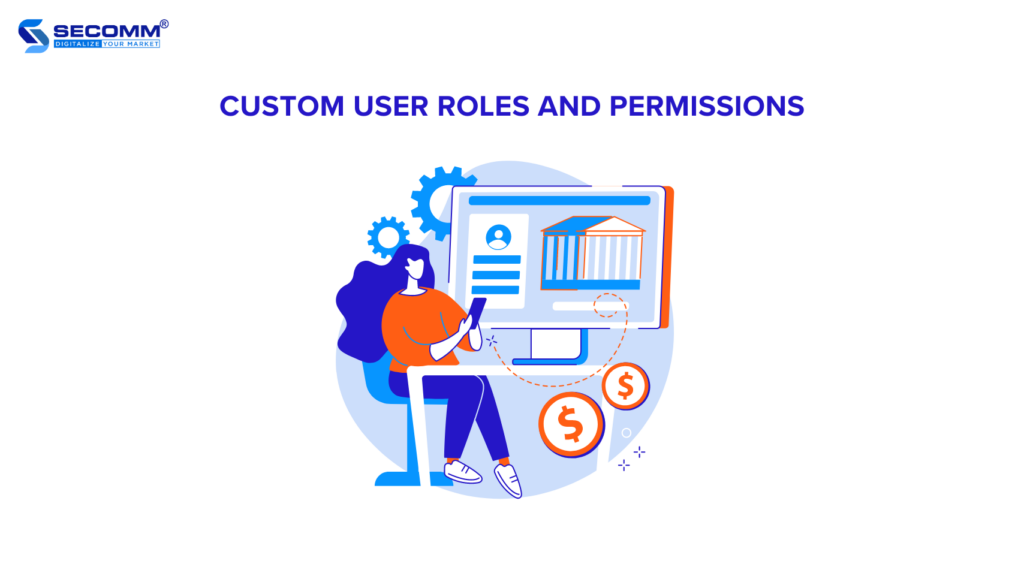
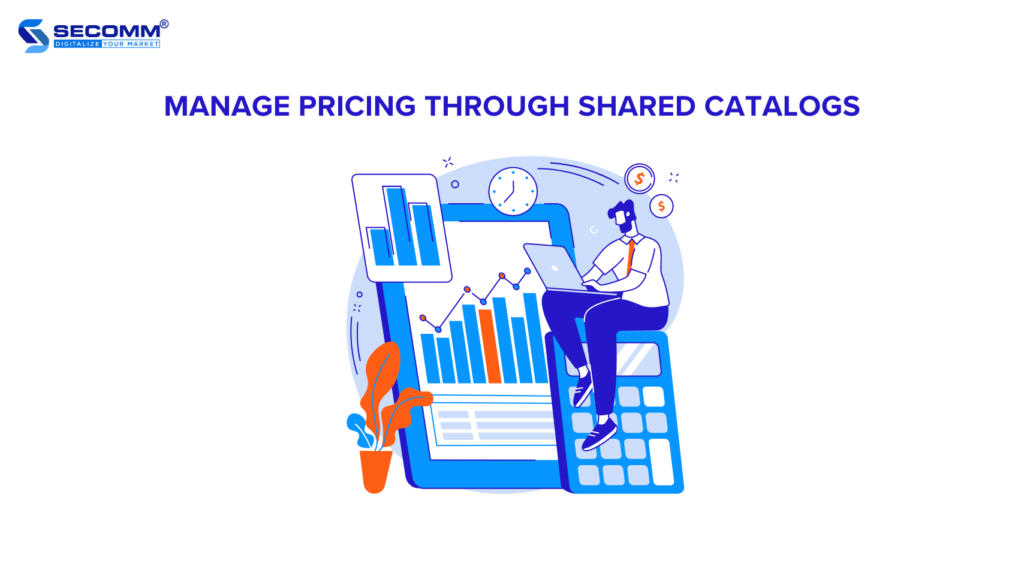
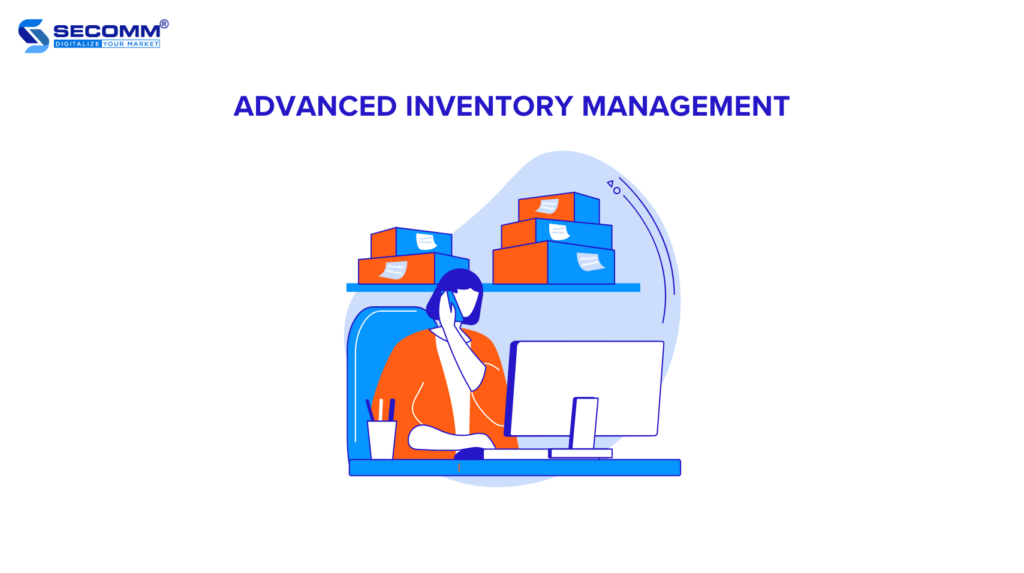
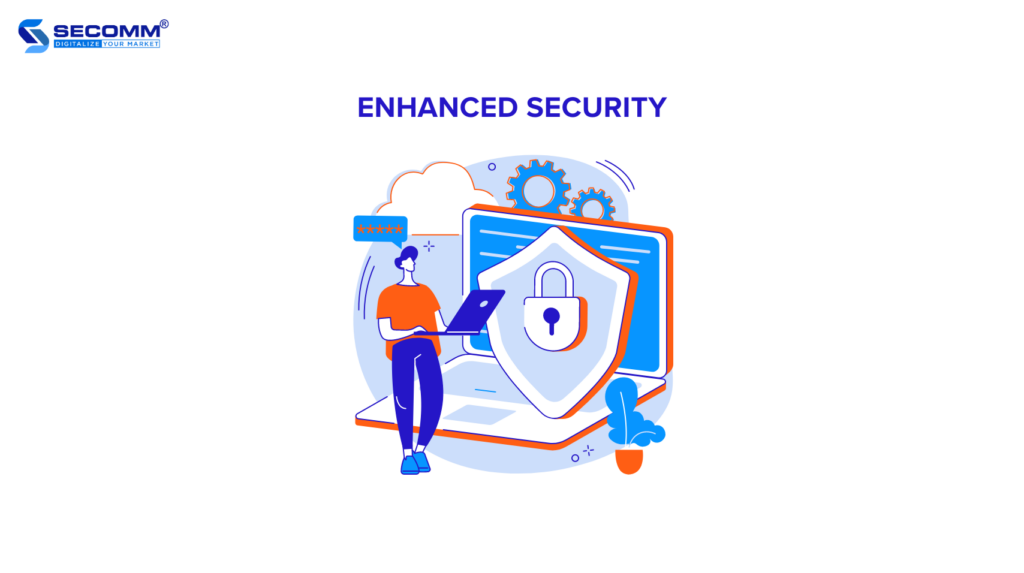
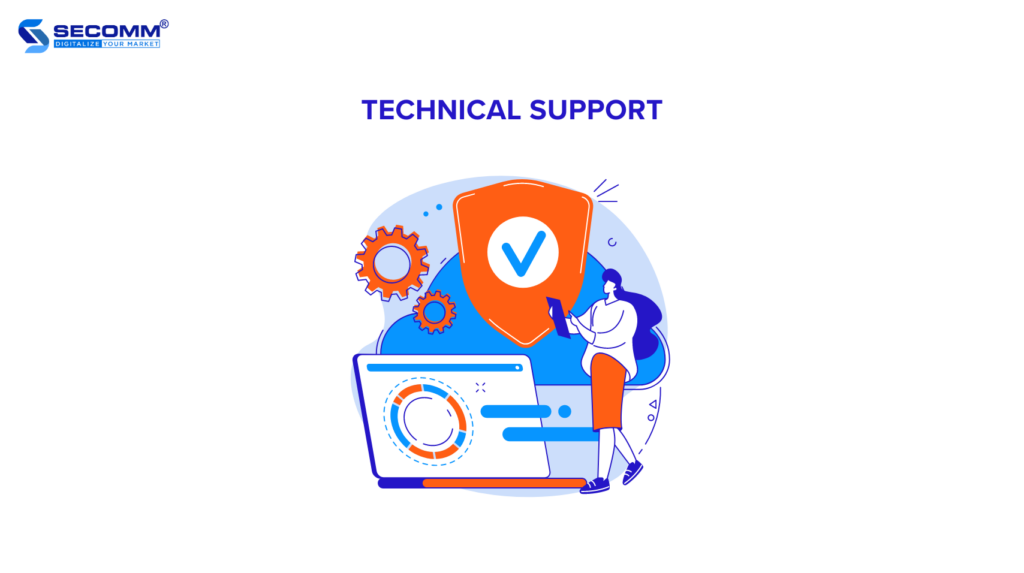
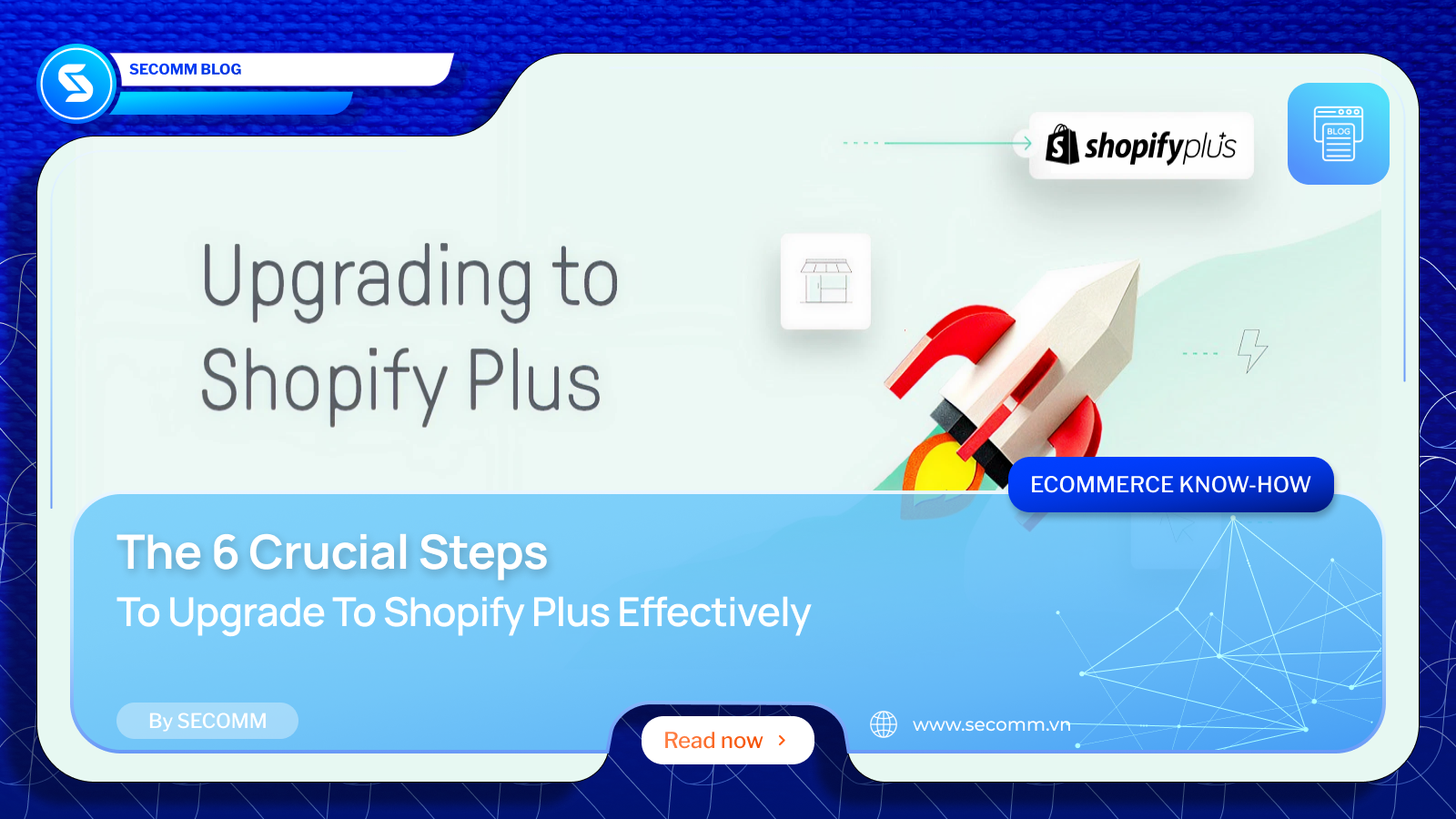
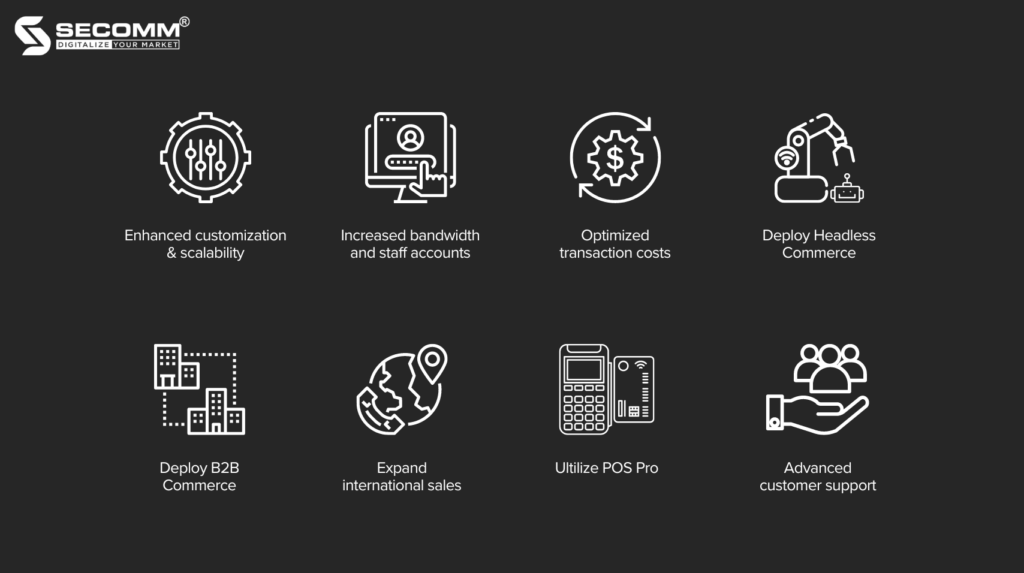
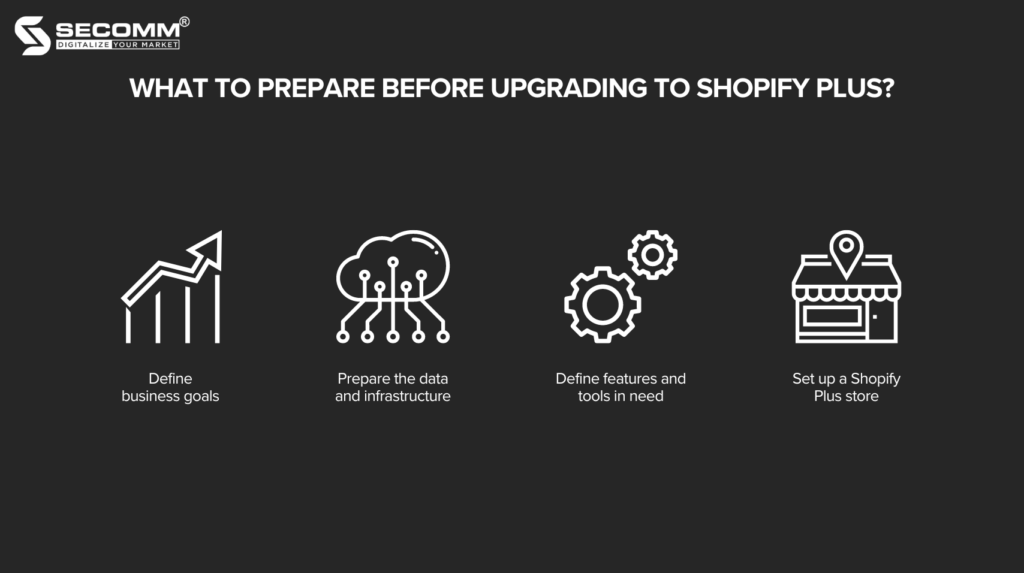
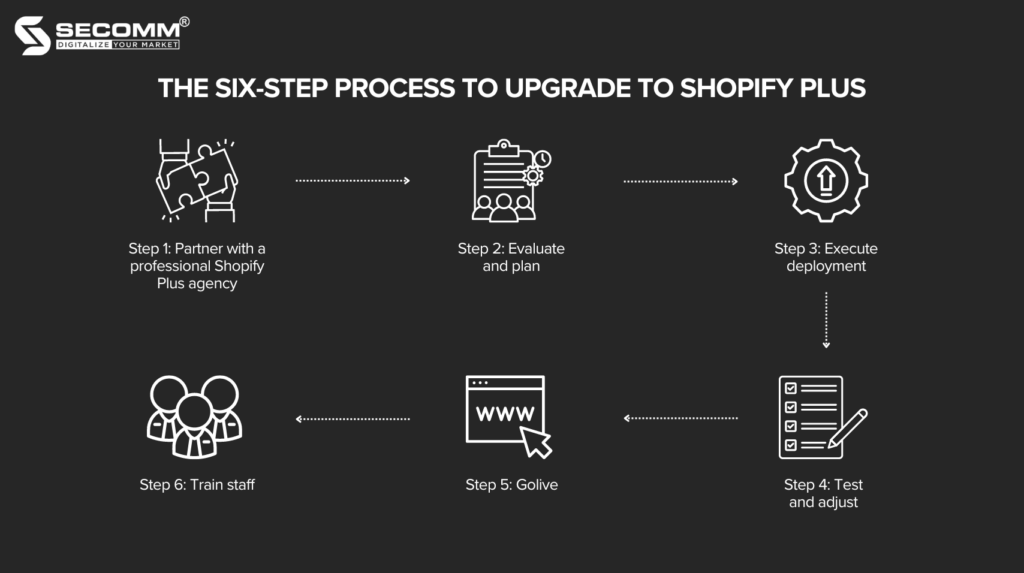
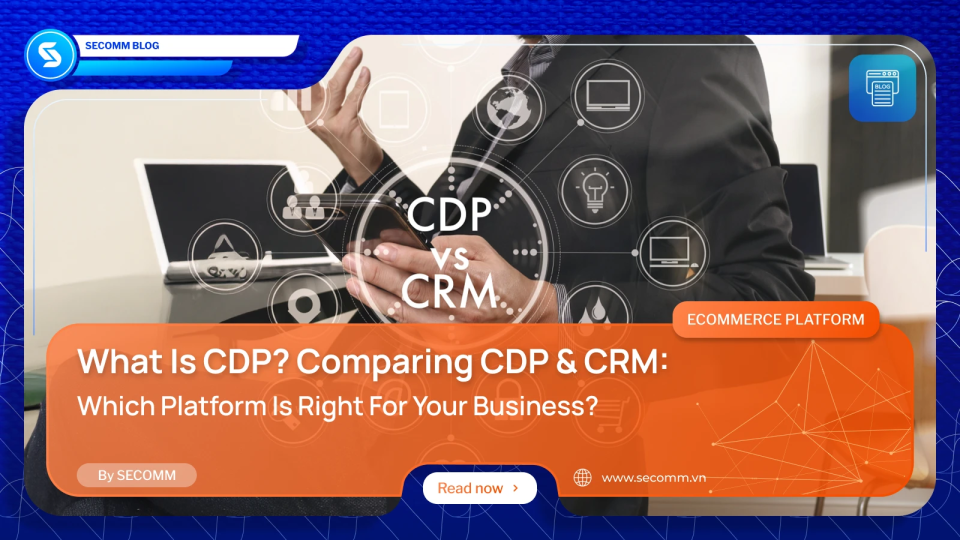
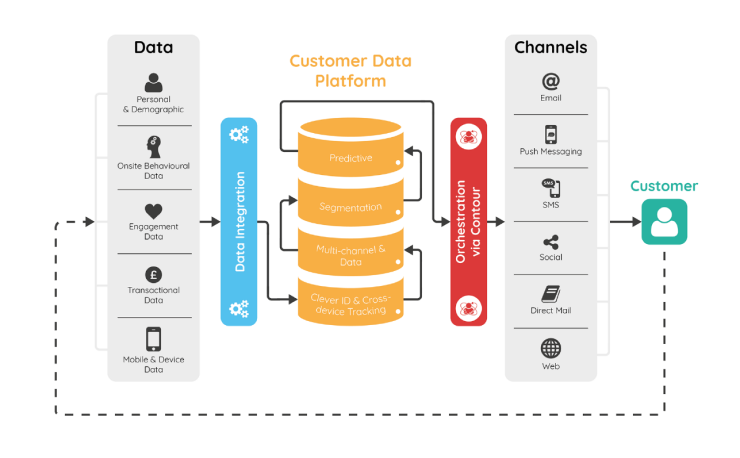
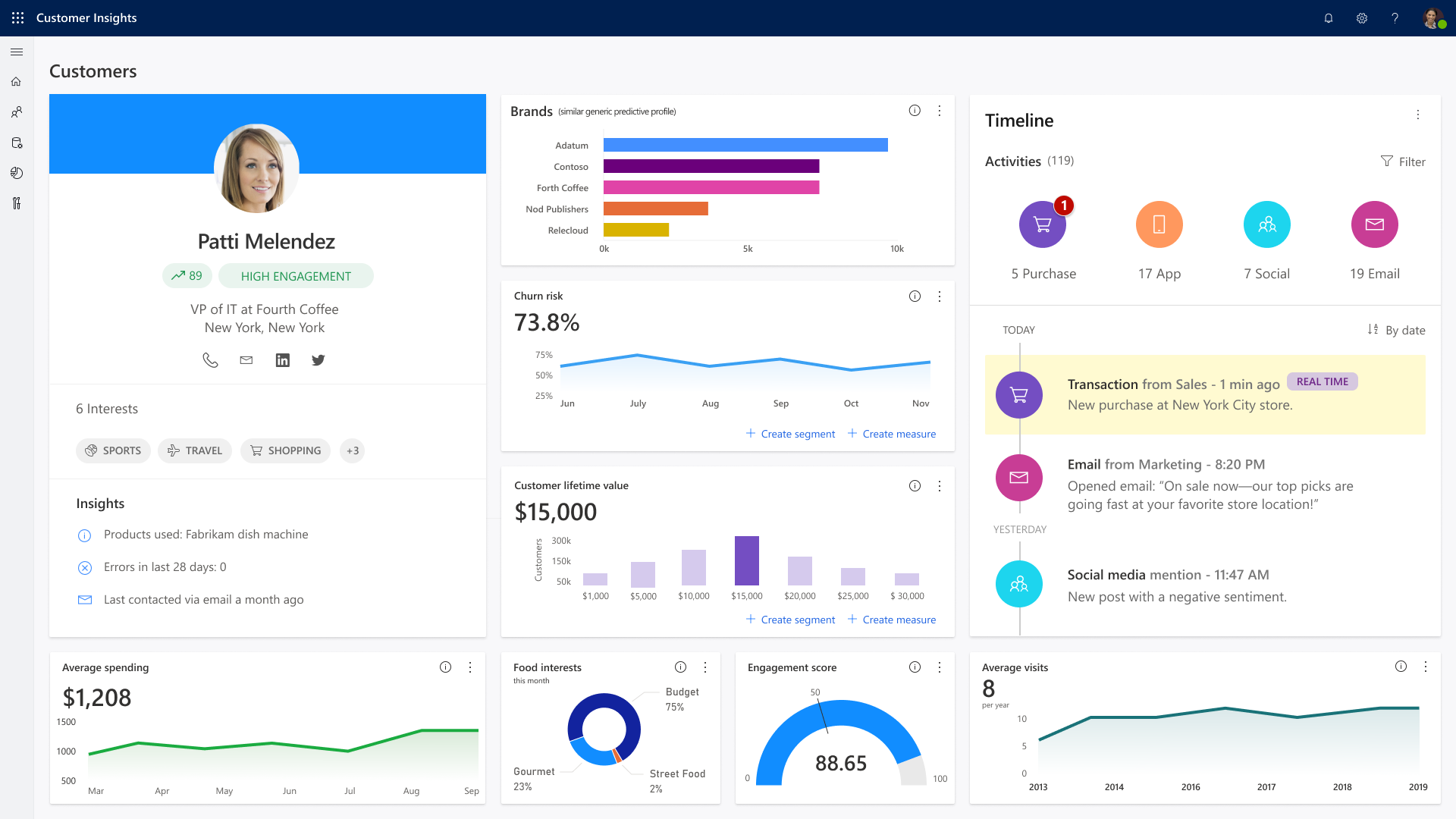
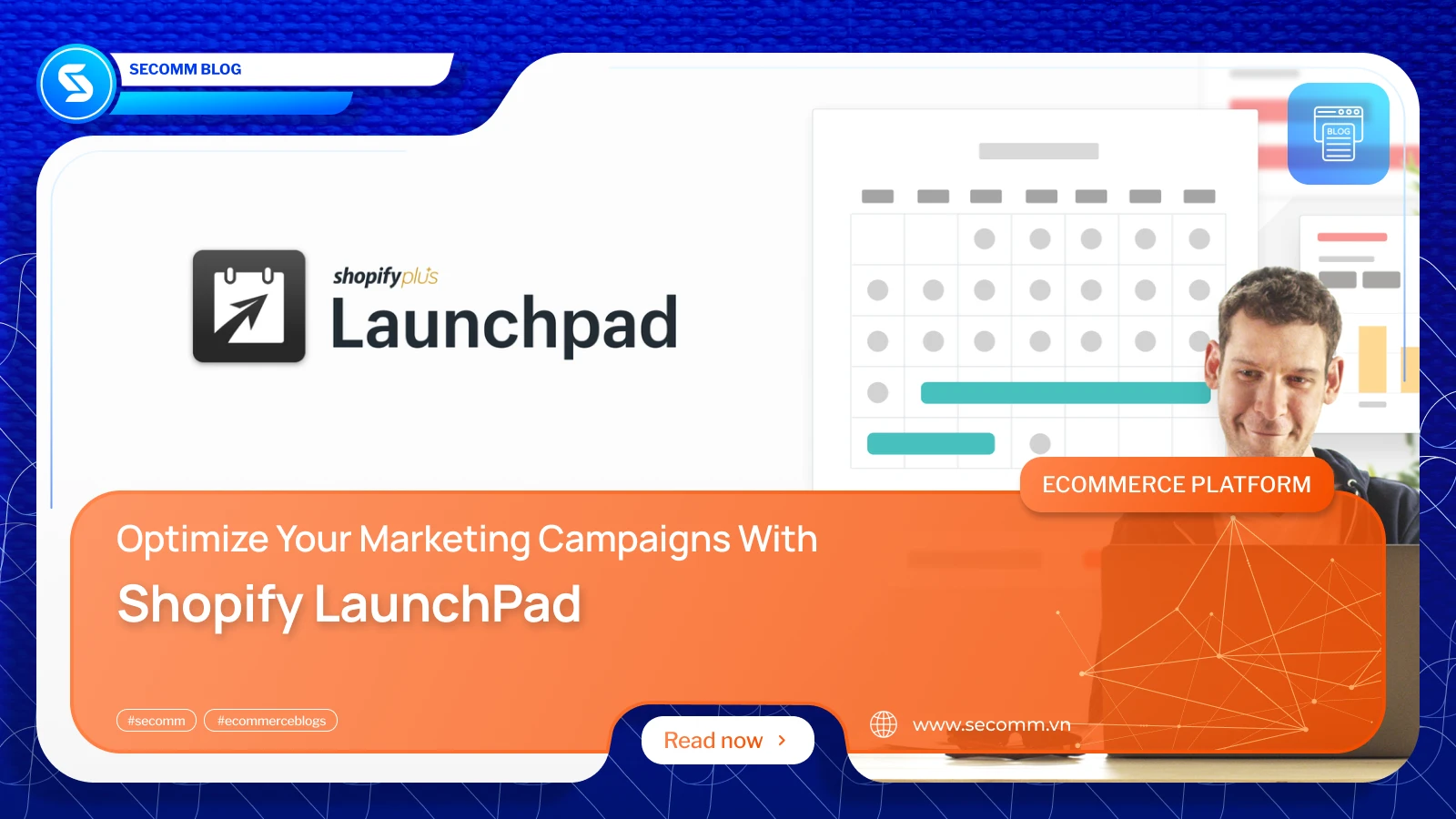

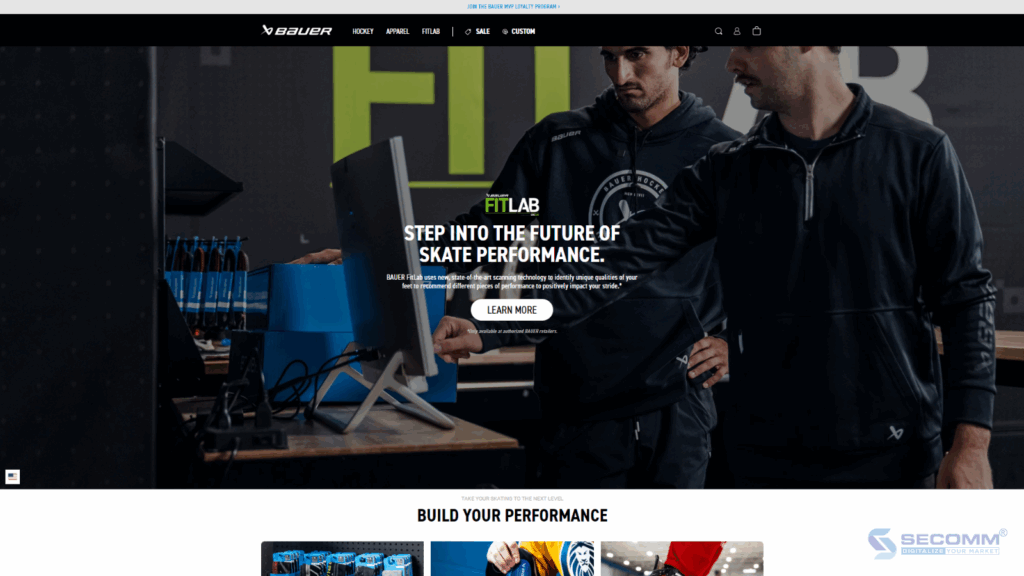
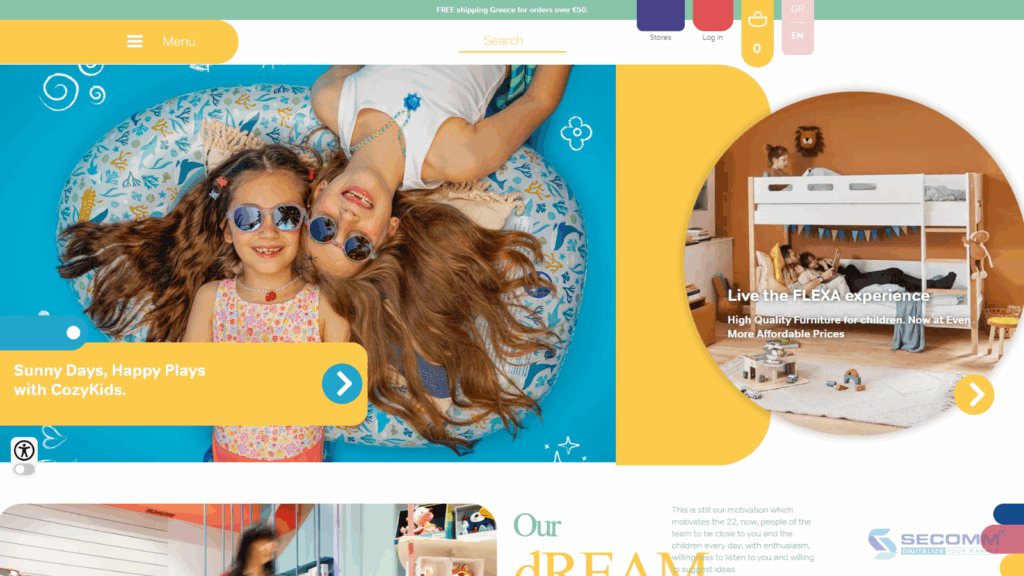
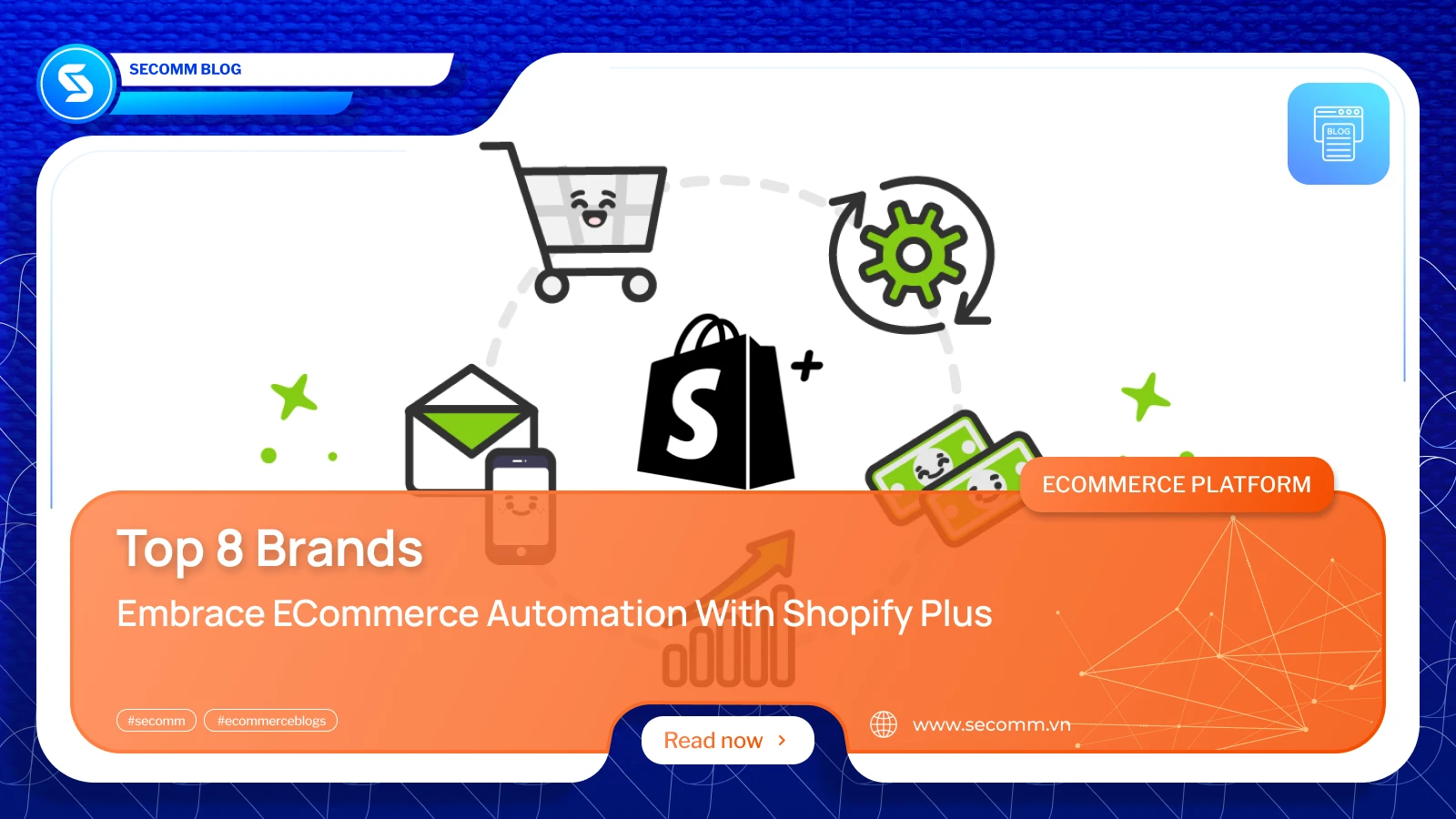
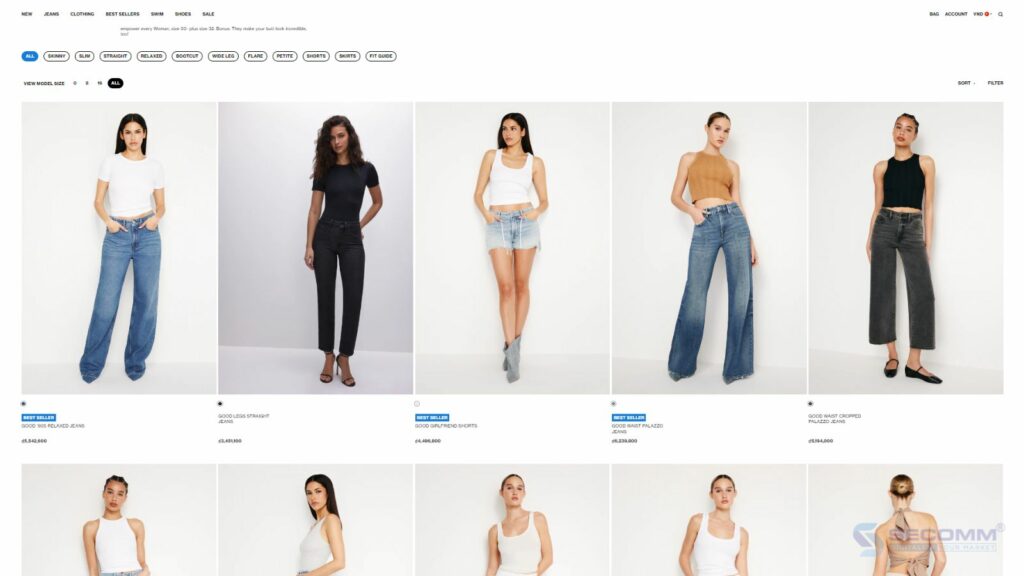
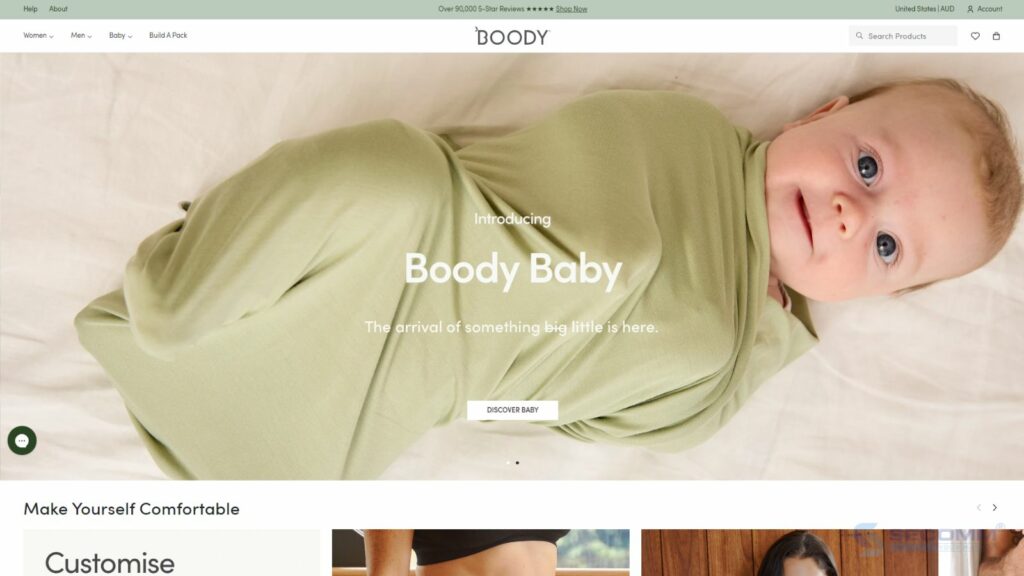
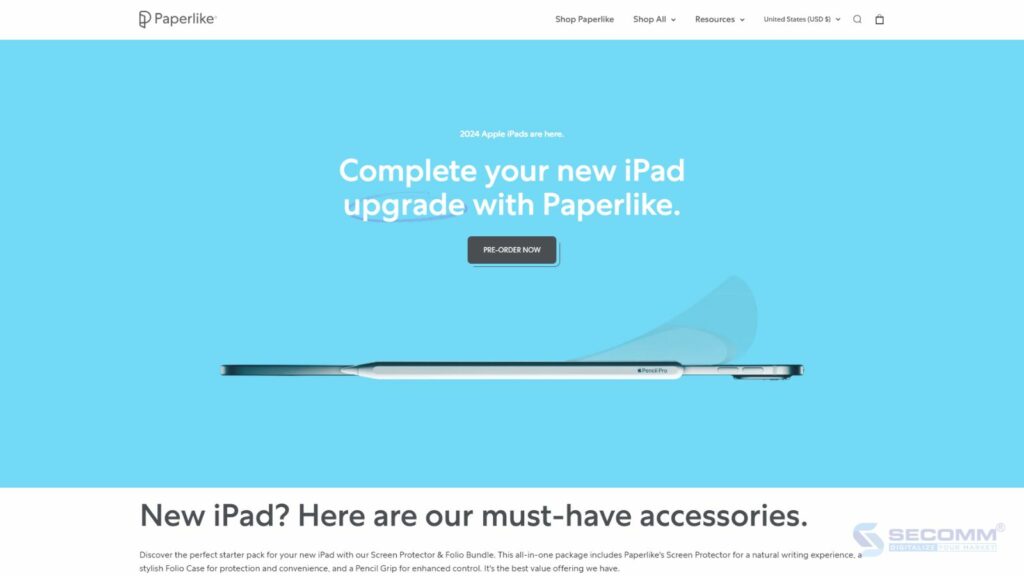
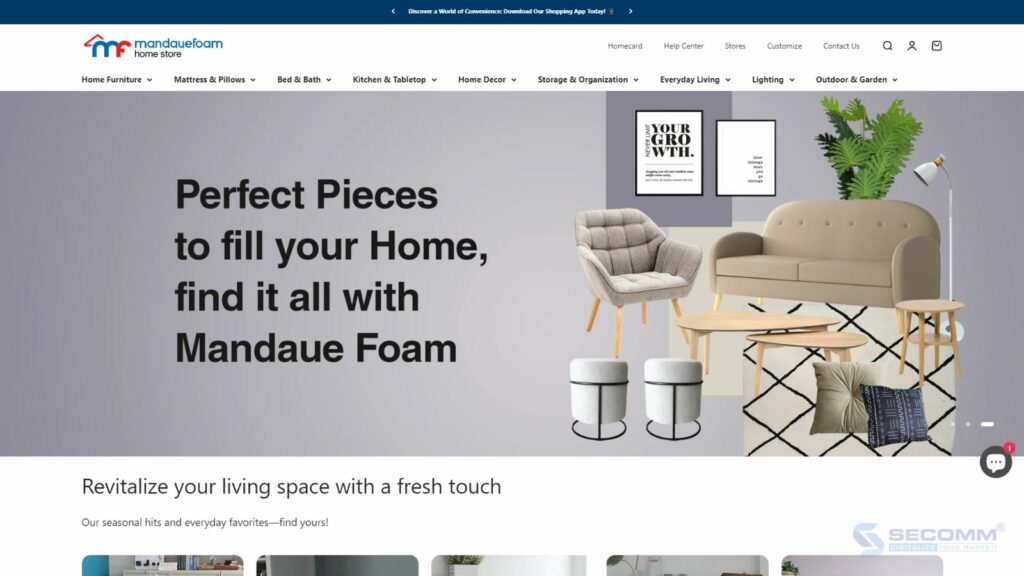
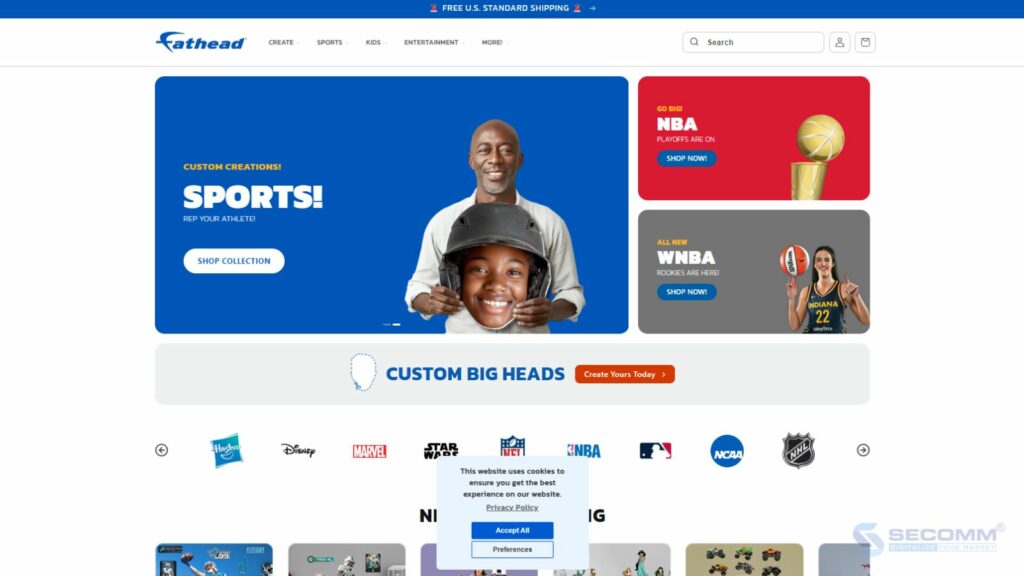
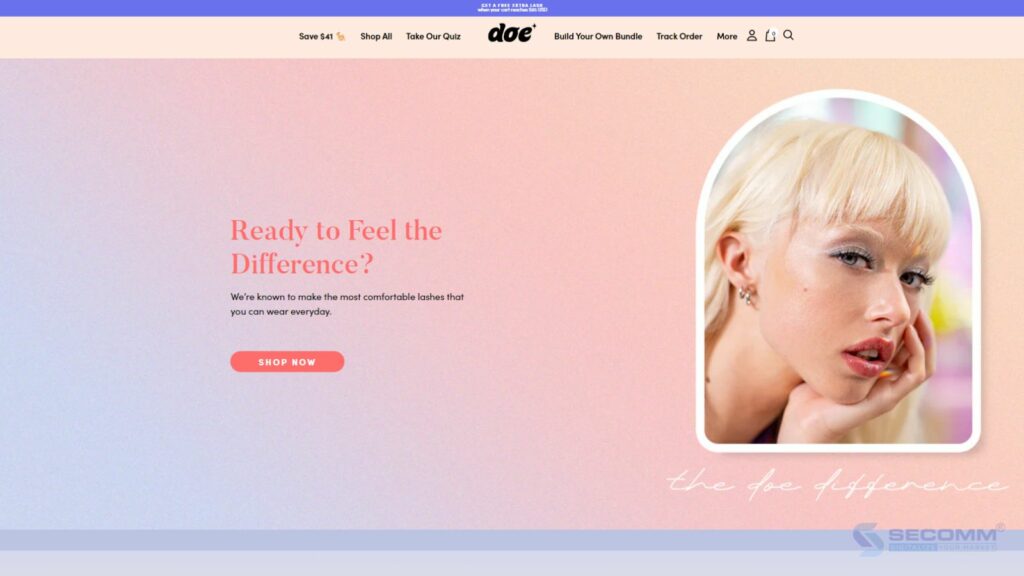
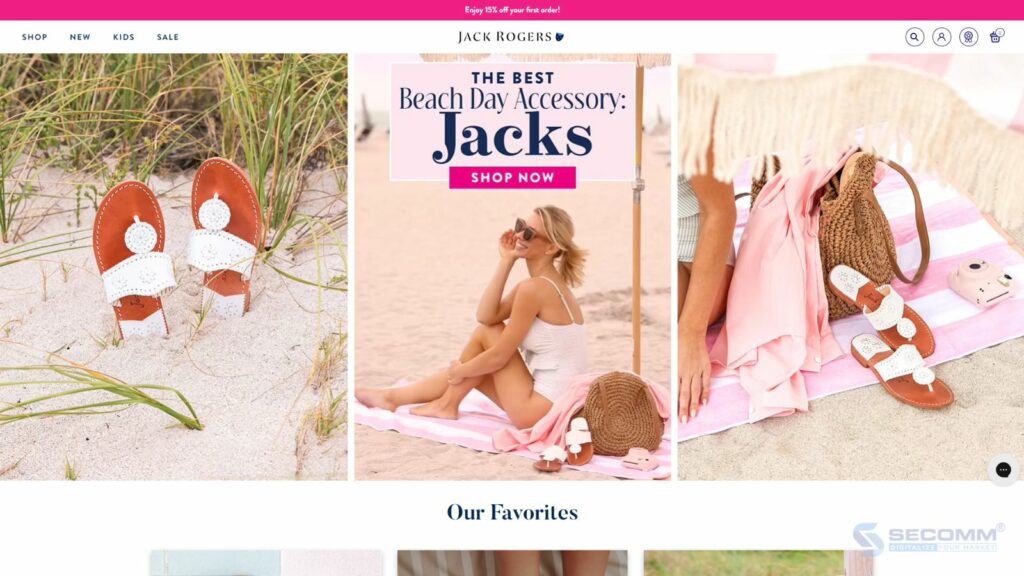
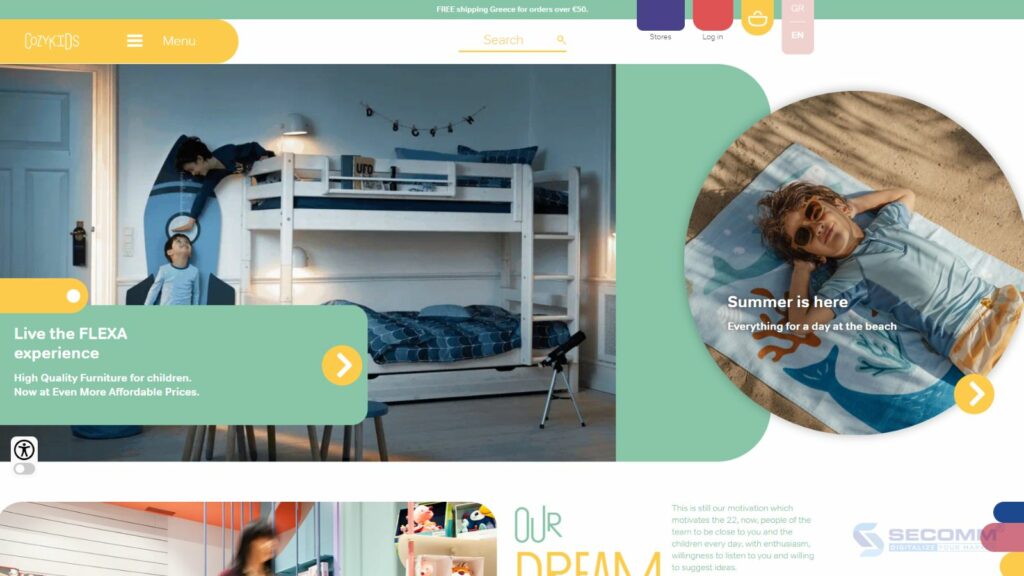
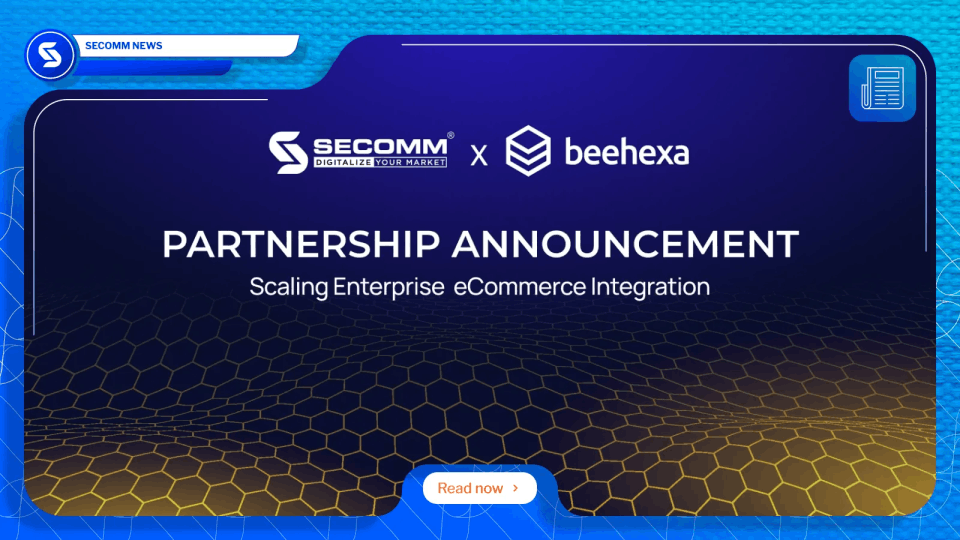
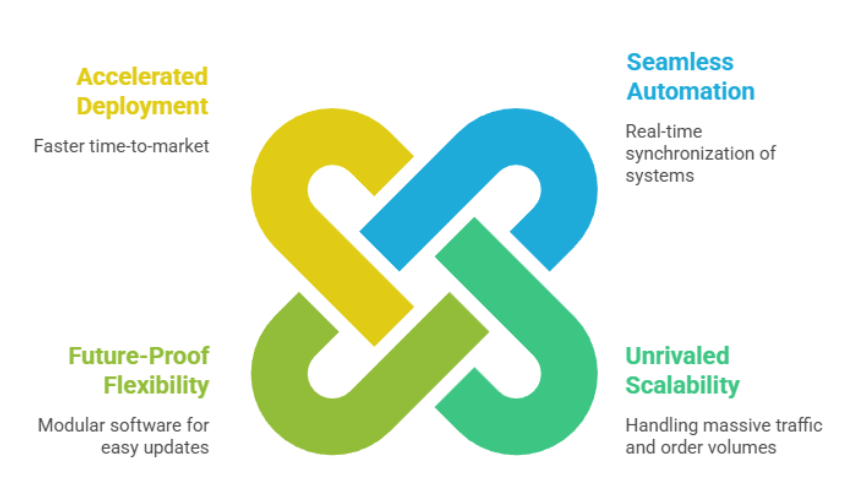

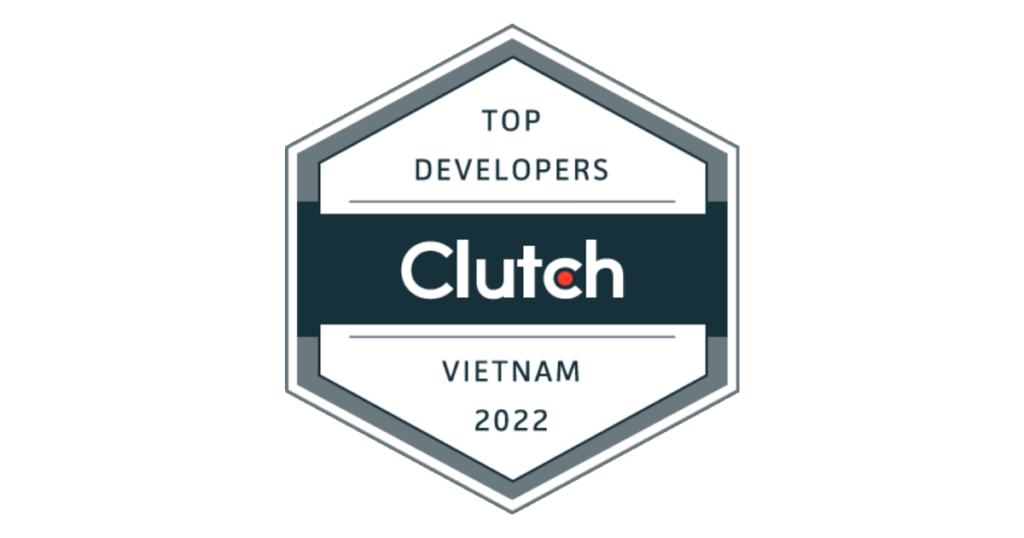
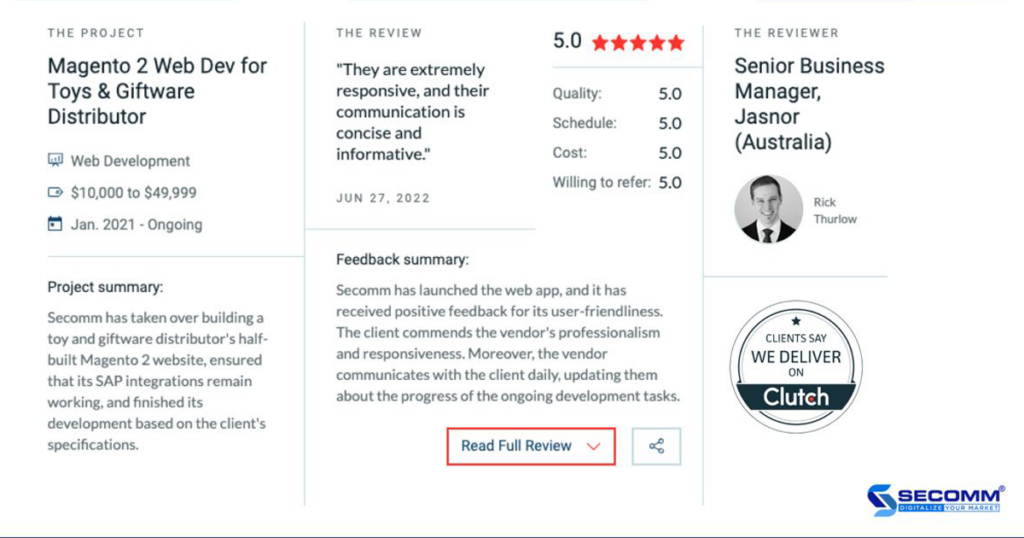
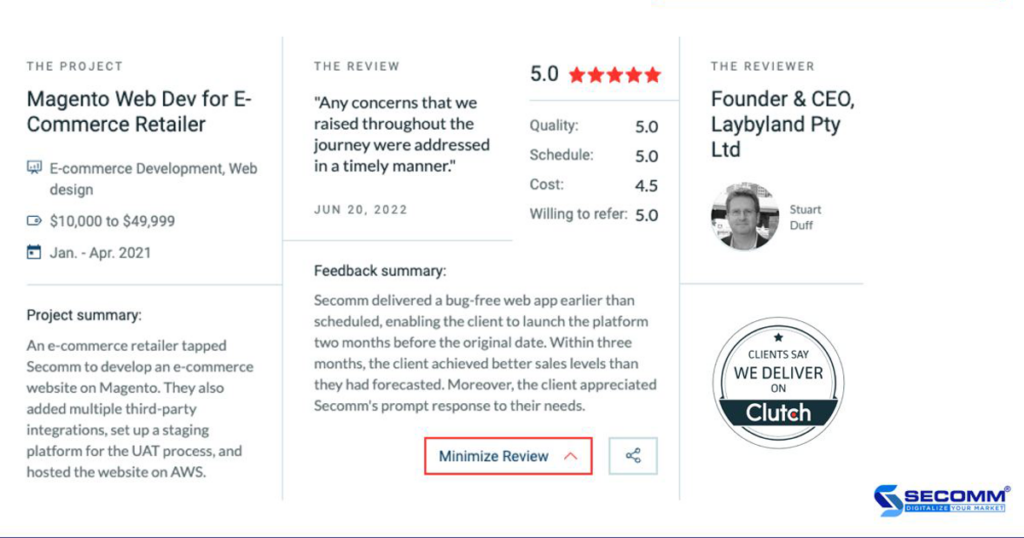
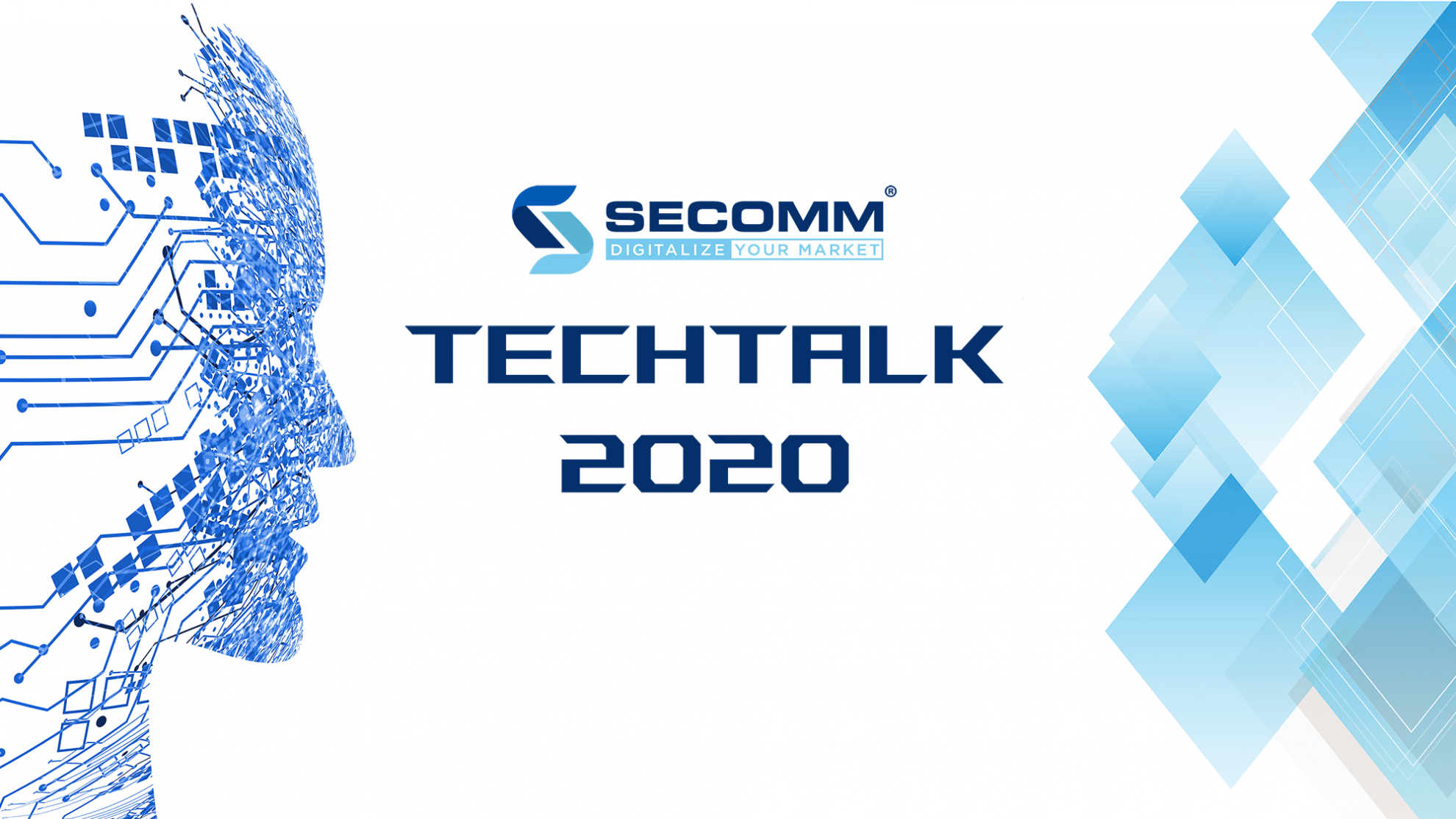
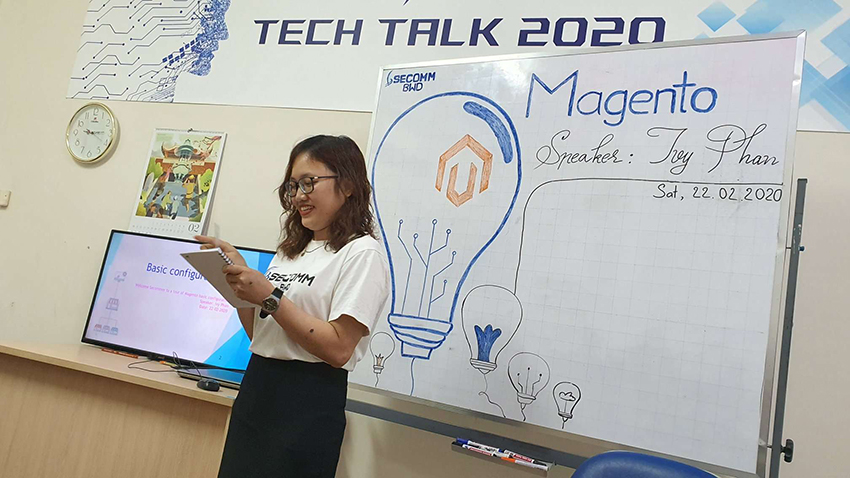

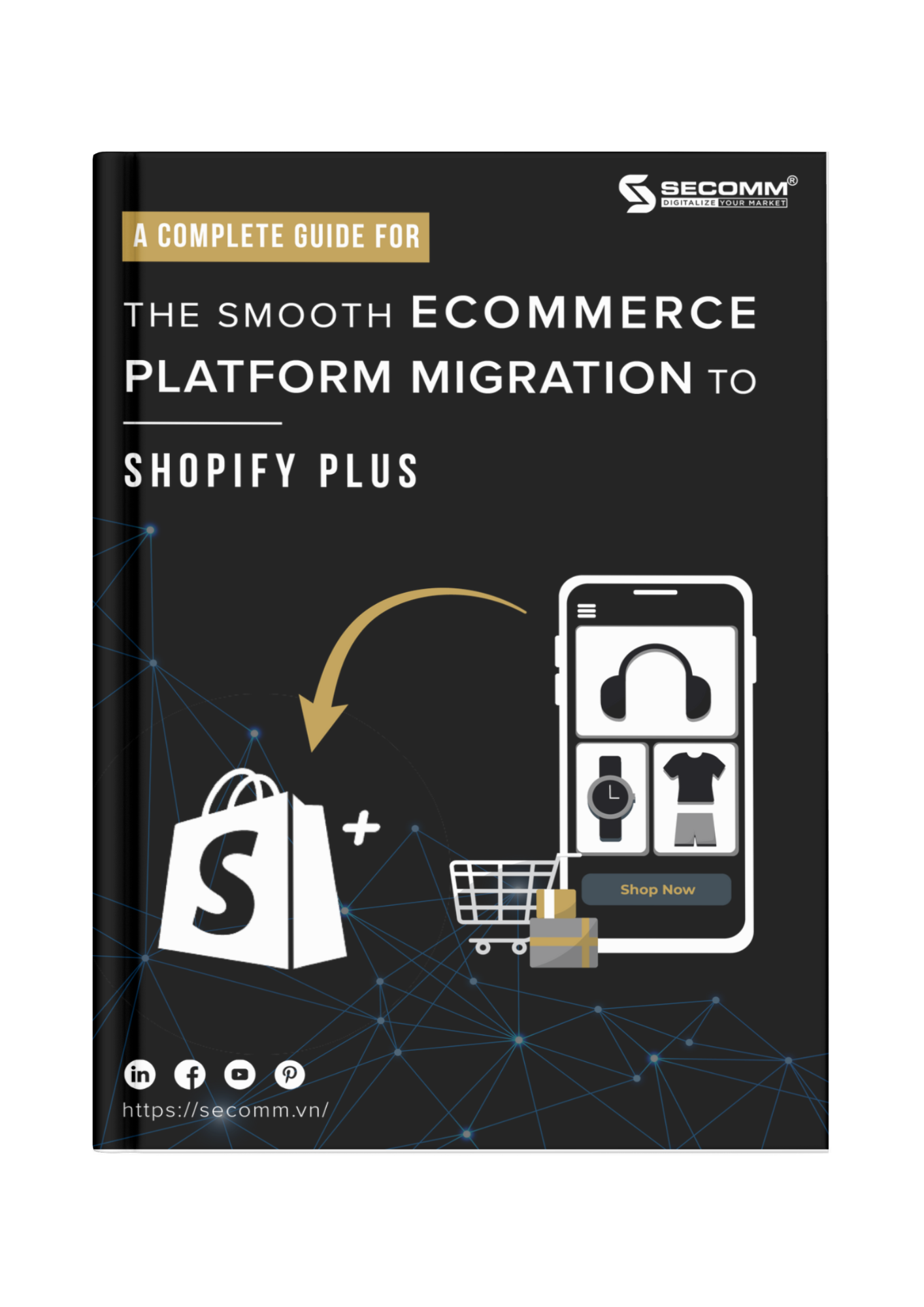



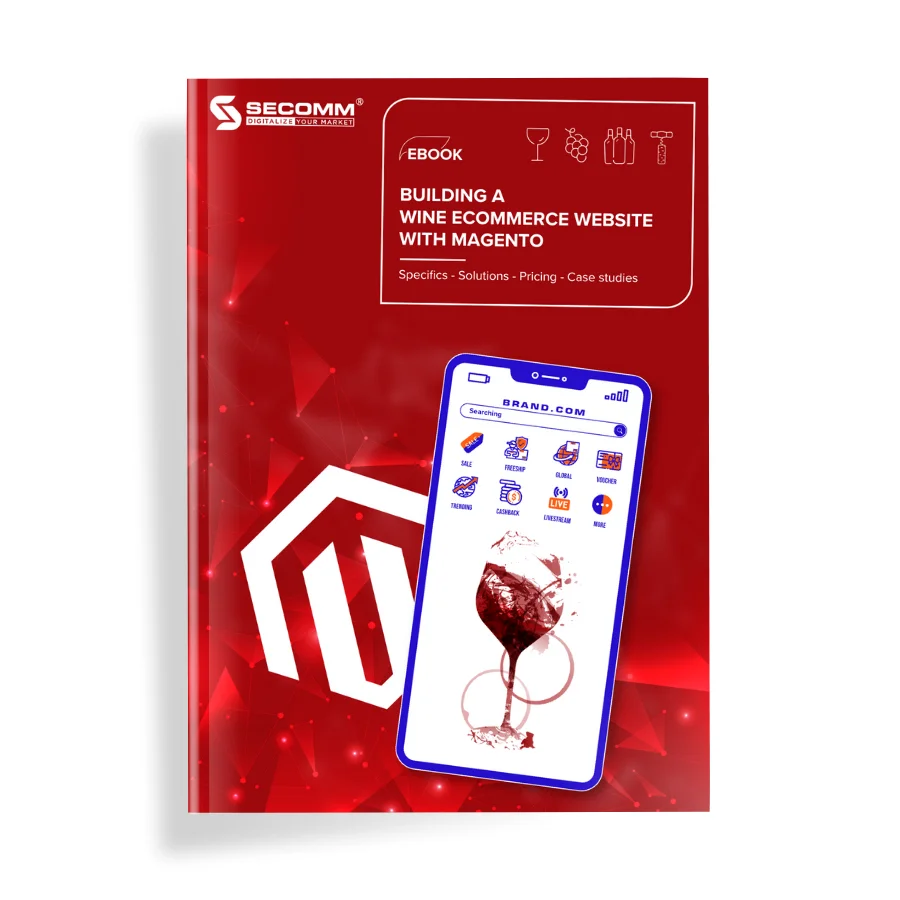
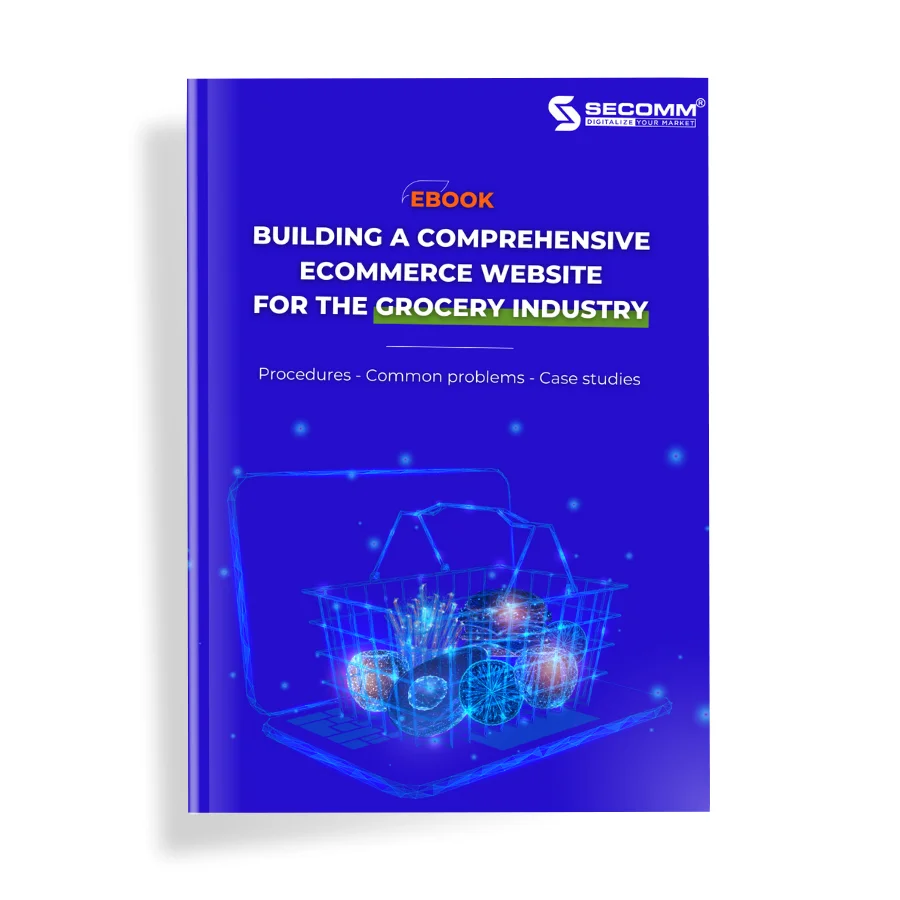
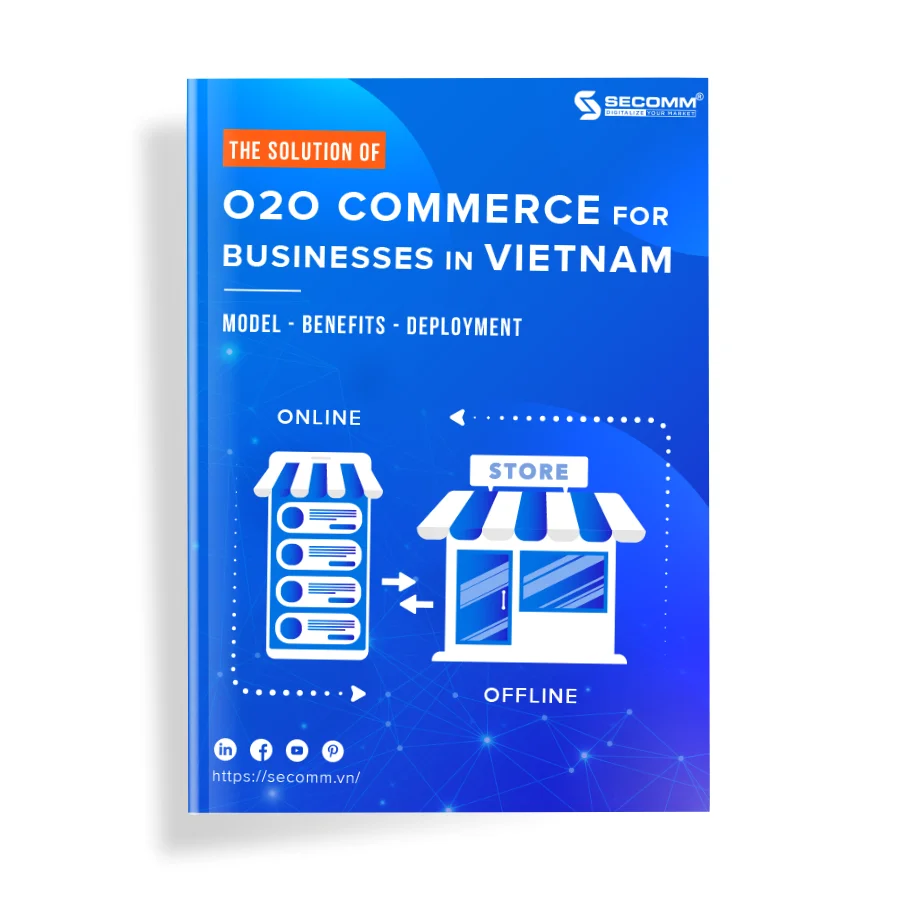
Comment (0)